2022-2023 Striving for Diversity, Equity, and Inclusion in Asian Studies: Humanities Grants for Asian Studies Scholars Competition Award Winners
The Association for Asian Studies has received a $1 million grant from the National Endowment for the Humanities (NEH). This grant is awarded through the NEH’s Sustaining the Humanities through the American Rescue Plan (SHARP) program, which supports humanities organizations, programs, and professionals at the local level, advancing economic recovery within a cultural sector devastated by the COVID-19 pandemic. Our project, “Striving for Diversity, Equity, and Inclusion in Asian Studies: Humanities Grants for Asian Studies Scholars,” has enabled the AAS to make over 30 individual awards to provide relief from the coronavirus pandemic to Asian Studies professionals to conduct humanities research, teaching development, and multimedia projects.
This initiative is designed to provide opportunities for career development and research projects for Asian Studies professionals on the periphery of Asian Studies. These constituents include Black scholars of Asia, contingent/adjunct faculty in academic institutions, first-generation scholars, junior scholars in the field, independent scholars, and Asia specialists working outside the professoriate. This program is a solid step toward promoting greater equity and inclusion in the field of Asian Studies.
Fellowship Awardees
AAS Pipeline Fellowship
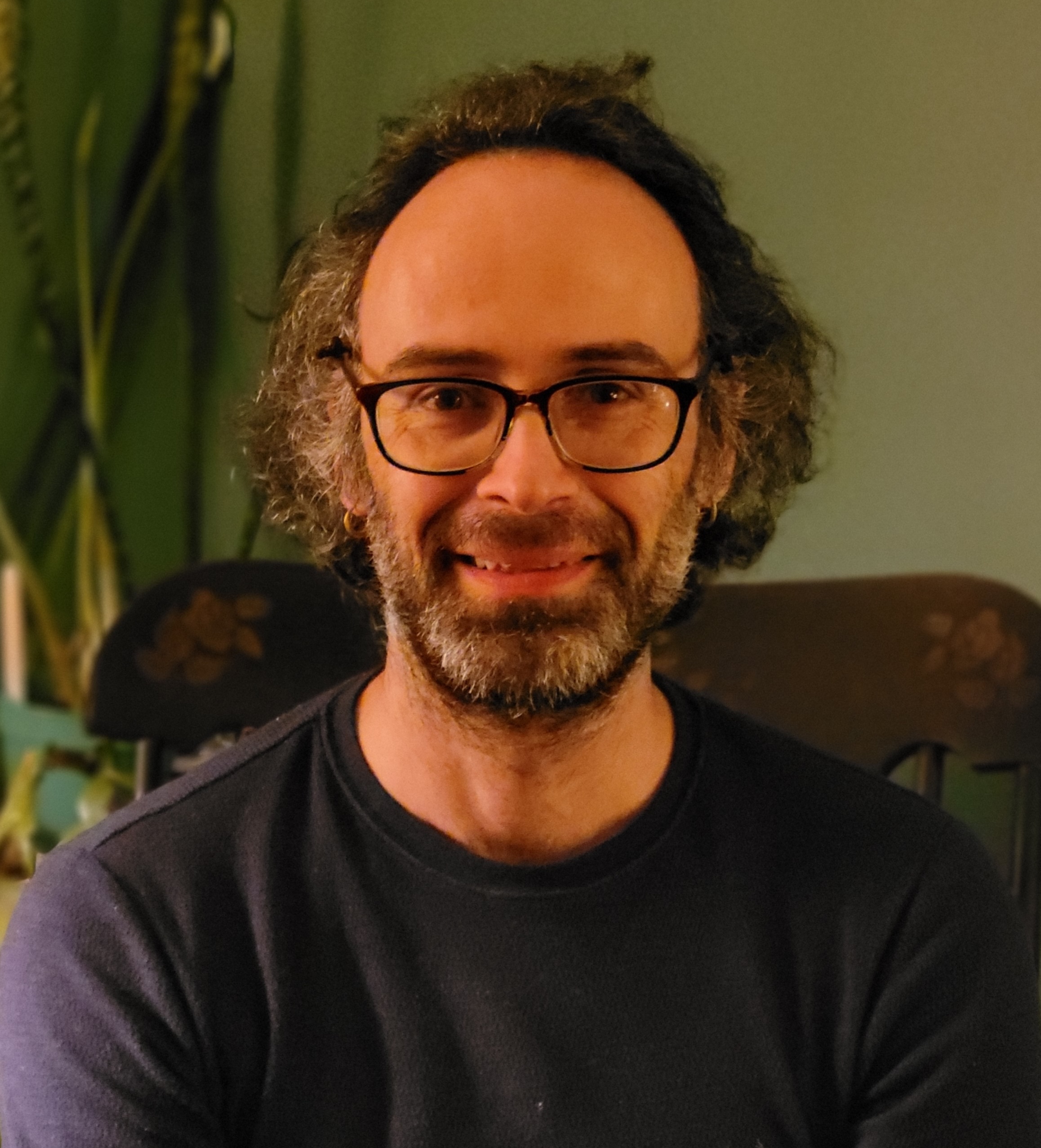
Patrick Beckhorn
Lives beyond Labor: The Masculine World of Cycle Rickshaw Men
My research examines the lives of men who migrate from the Indian countryside to Delhi to operate cycle rickshaws for work. Drawing on ethnographic fieldwork conducted in North India, I describe the men’s labor practices as well as their lives outside of work, particularly their family relationships and communal/caste roles. Across these spheres, multiple masculine ideals — sometimes conflicting, sometimes complimentary — shape and constrain their behavior. Their labor activity is premised on a masculine expectation of breadwinning, but it is also influenced by their beliefs about the male body and by their intimate relationships with different types of women. Furthermore, on the labor migration circuit cycle rickshaw men practice a masculine ideal of supporting other male migrants from their village, and doing so can require bending or subverting caste rules. This research, which I am currently developing into a book manuscript, shows how the Dalit workers cannot be understood except by simultaneously appreciating them as masculine actors. It also provides for the field of South Asian labor studies a humanistic portrait of low-paid manual workers that demonstrates how their experiences are not circumscribed by their jobs.

Lisa Brooks
Leech Trouble: Therapeutic Entanglements in Human-Leech Medicine
Leech Trouble: Therapeutic Entanglements in Human-Leech Medicine is a study of leech therapy as represented in early South Asian medical texts and a comparative ethnography of human-leech interactions in ayurvedic medicine and contemporary biomedicine. Engaging historical, philological, and ethnographic research, this project has two major components. The first is a history of leech therapy in first-millennium South Asia that draws upon textual and epigraphical sources. The portrayal of leeches and human-leech interactions in these sources reveal a range of shifting attitudes about physicians’ gendered sensory expertise, the nature of leeches, and what constitutes a medical technology. Building upon this historical and philological study, the second portion of the study compares leech-human interactions in contemporary ayurvedic clinical practice and in biomedical practice. Broadly, this study asks: How does ayurvedic leech therapy as presented in early texts and practiced in contemporary clinics challenge what we understand about how physicians sense, know, and treat patients? In what ways does human interaction with leeches as agentive participants in leech therapy broaden our notion of what constitutes a medical actor or technology? How do engagements with leeches compare across contemporary ayurvedic practice in Kerala and biomedical practice in the United States? In what ways are constructions of gender, humanness, and animality reflected in representations of human-leech interactions? This study brings human-leech medicine into dialogue with medical anthropological and feminist science studies scholarship on more-than-human worlds and the ecologies of care that they entail.

Anthony Lovenheim Irwin
Building Buddhism in Chiang Rai, Thailand
Religious building is a form of world-making, and as such, acts of Buddhist material and spatial production in northern Thailand play a significant role in the religious, social, and geographic conceptions of northern Thai Buddhists. My project’s focus on Buddhist temple building in and around Chiang Rai, Thailand shows how religious building and crafting affords people opportunities to define and reify their communities of care, attend to various forces embedded in the land, negotiate with and appease political power, and construct identity. Religious building provides many of the social, ritual, and aesthetic processes through which Buddhism in northern Thailand is actively lived. Through engaging in acts of Buddhist spatial production, northern Thai Buddhists are able to define, articulate, and perform answers to ethical and teleological questions, such as “what is the good life?” “What is the basis of a prosperous community?” “What do good Buddhists do?” and, maybe most importantly “Why was I (re)born?”
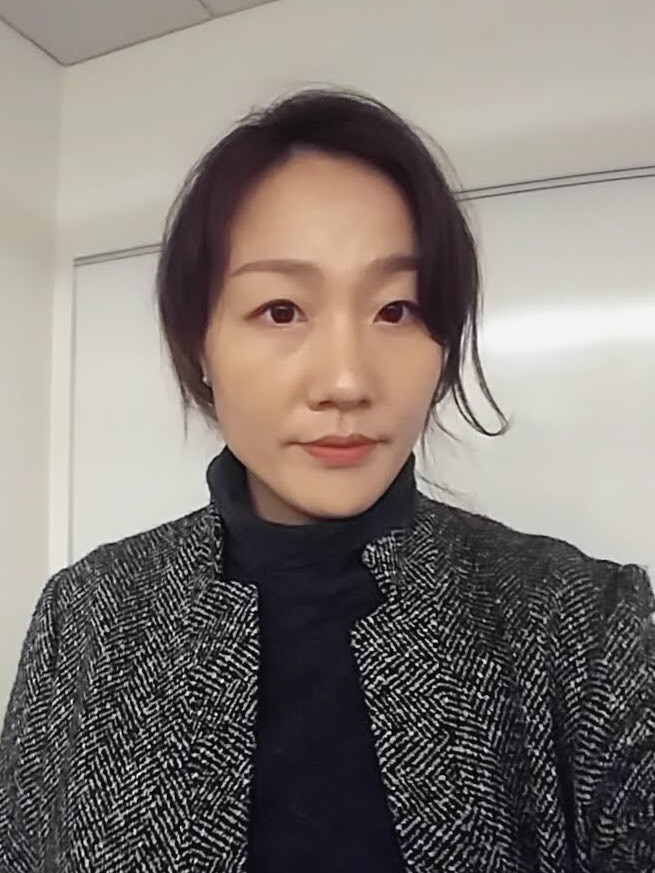
Nayoung Jo
Have the Local People Become Invisible? A Case Study of a Military Installation on Jeju Island, South Korea
This study examines the effects of the construction of a military base on local communities on Jeju Island, South Korea. The South Korean military’s intent in building these facilities is to demonstrate military sovereignty to neighboring countries while also providing socio-economic benefits to the local population (Korean Navy, Ministry of National Defense of Korea). However, local communities and NGOs continue to resist contemporary military construction policies due to the ecological, social and economic impacts of this process, which are exacerbated by the government’s unilateral approach and its failure to implement a system where the surrounding localities can influence construction policies (Sze et al., 2009). While resistance to military facilities is widely documented, this research highlights the conflict between the military and local communities as the disconnect within the different political scales between those who are empowered and the average local citizen in the community so that the actual local people’s voice is marginalized and overheard. This study focuses on the local people’s experience with the theoretical frame of environmental justice, the concept of scale and political ecology by using phenomenology to analyze open-ended interview data. This research concluded that 1) the local people were made voiceless and invisible through marginalization by the government; 2) this case is an environmental injustice case by identifying how the current process marginalizes local communities and environmental impacts through the analytical frames of environmental justice and the concept of scale; and 3) the combination of environmental justice theory and the concept of scale from political ecology is a more effective application of this study and can contribute to future related studies.
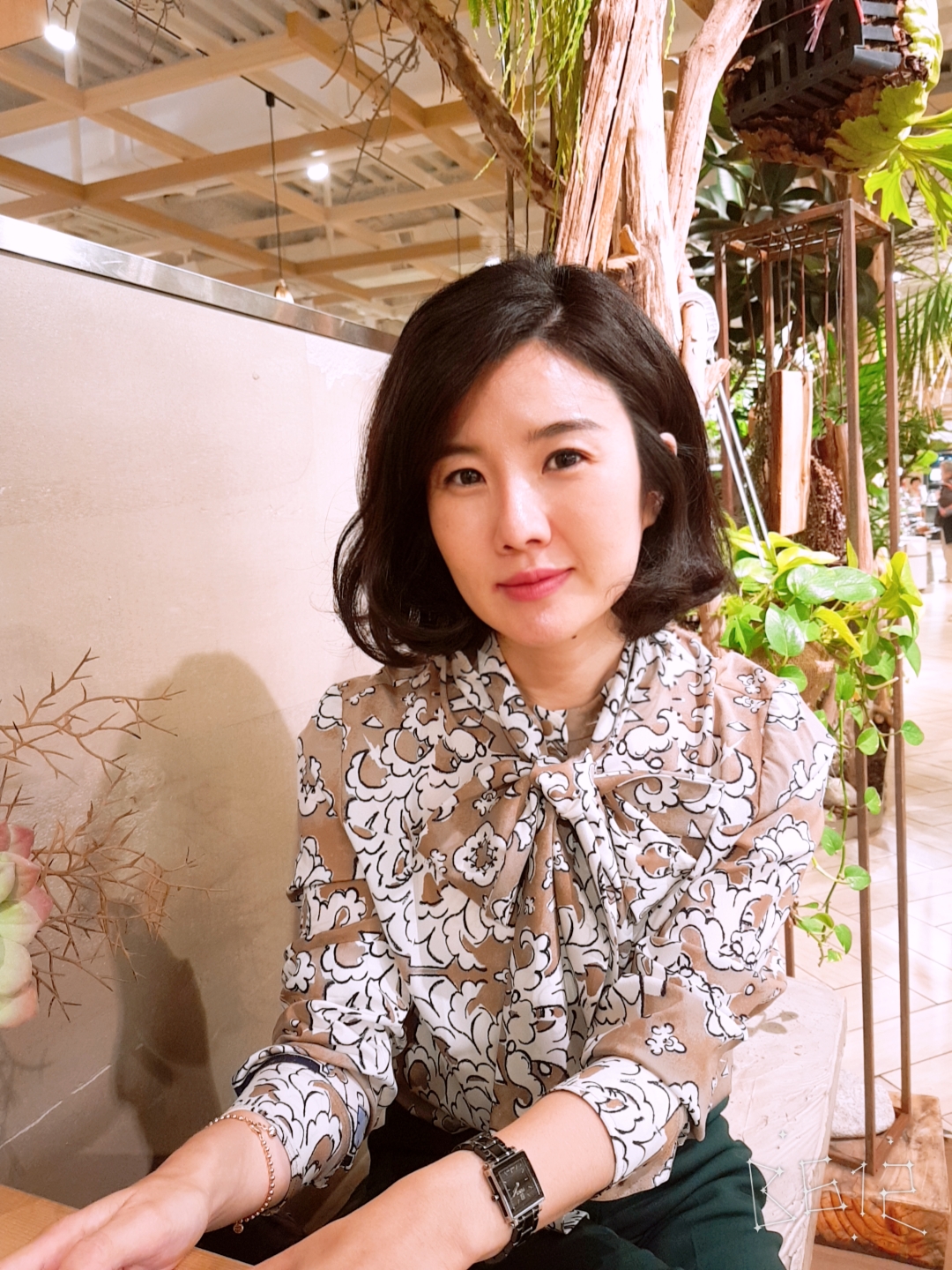
Hye-Kyoung Kwon
K-Beauty’s Rise from Dictatorship: AmorePacific’s Saleswomen and the Park Chung Hee Regime of 1961-79
My research is about the non-singular and lucrative power of K-Beauty and its international allure: from its ubiquitous call for translucent, BTS-like skin to its cutting-edge surgical enhancement procedures developed in South Korea, and now available across nations such as China and Hong Kong. Upon delving deeper into Korea’s socioeconomic and political history, connections emerge between South Korean modernization and the US occupation, an emergent South Korean cosmetics industry, and the export-driven military dictatorship of 1961-79 led by Park Chung Hee. These connections show us that K-Beauty is not just a trend, but a significant historical phenomenon.
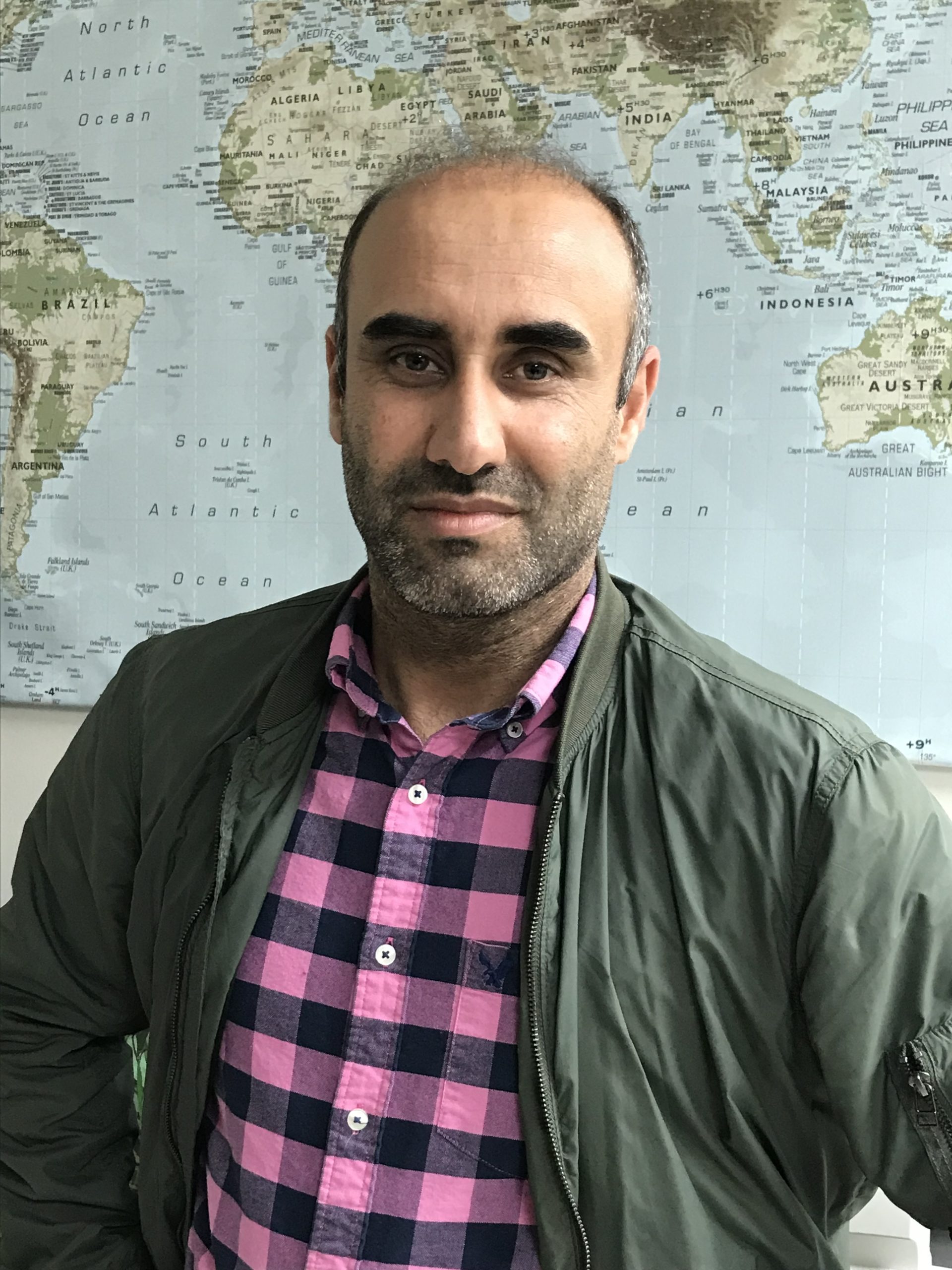
Jawan Shir Rasikh
Early Islamic Ghur: The Many Histories of the Ghuris in South Asia, 10th- 13th Centuries C.E.; Everyday Life in Medieval Afghanistan: An Anthology of Asnad-i Ghur
In both projects, I study the development of Islamic society in South Asia during the tenth and thirteenth centuries. In my first project, Early Islamic Ghur, I examine processes of Islamicization in the Ghur region of northwest-central Afghanistan. This project begins from the inception of Muslim conquest of Ghur in the ninth-to-tenth century, and analyzes the region’s shift to Islam through analysis of how local ruling families were integrated into orbits of Islamic power in the eastern Islamic lands. The second project, An Anthology of Asnad-i Ghur, centers on producing an illustrated bilingual anthology in Persian and English of a newly discovered set of medieval documents absent from extant scholarship. Currently housed in the National Archives of Afghanistan, the collection consists of land deeds, taxation receipts, personal letters, and a variety of other legal and business records. They contain firsthand information about the everyday lives of Muslim and non-Muslim individuals and families, including Jews and Hindus. Situated at the intersection of South Asia and Iranian studies, both projects contribute to debates concerning patterns of early Islamic conquest, community formation, social relations across religious groups, and the consolidation of political authority and sovereignty in the countryside. Across both projects, I prioritize original and largely overlooked and unpublished language materials to understand major transformations in state and society of a bygone era.
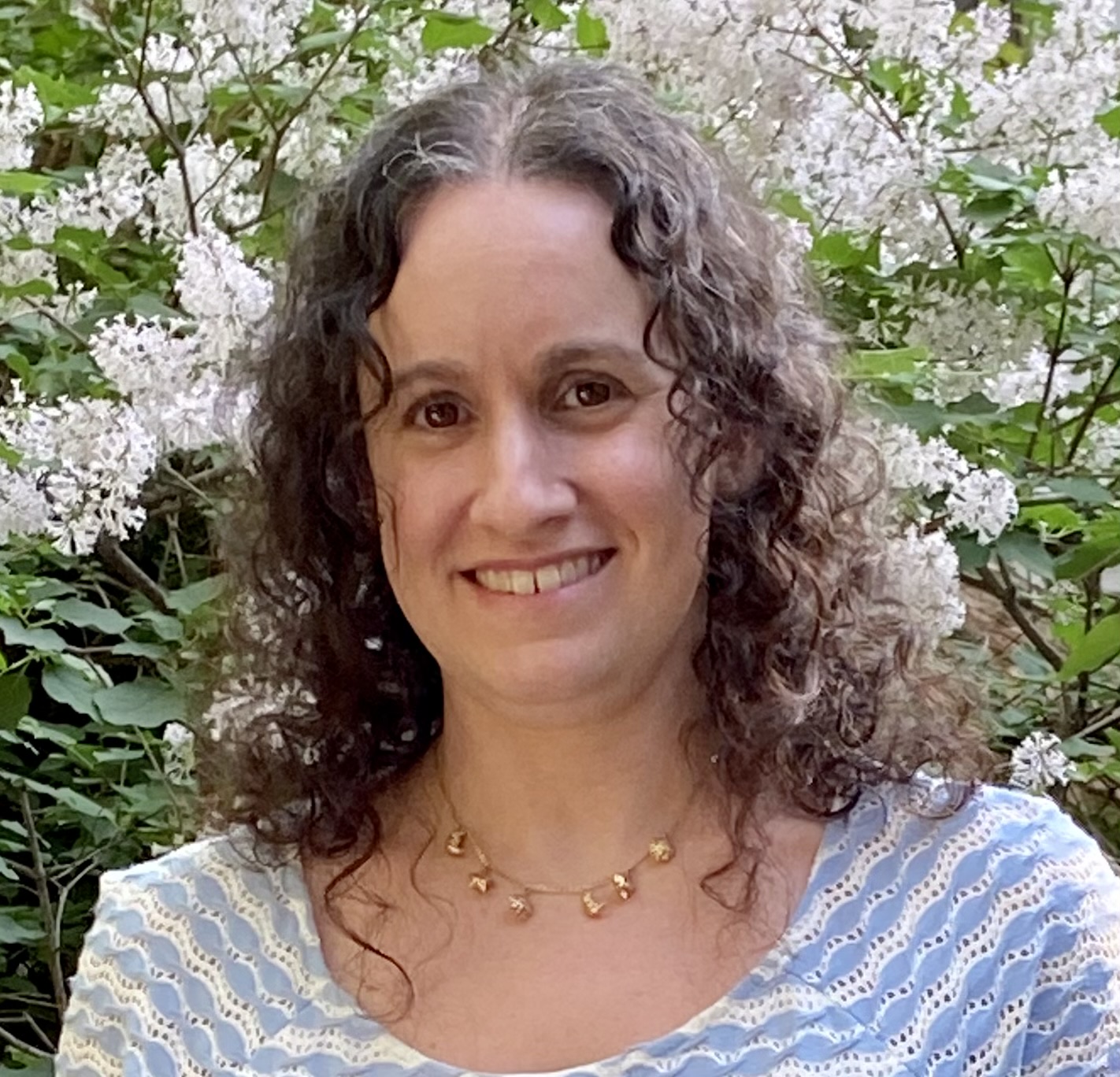
Celia Tuchman-Rosta
The Value and Labor of Moving Bodies: Cambodian Classical Dancers’ Experiences of their Corporeal Economy
The classical dance genre in Cambodia is a multivalent cultural practice—part ritual, part diplomatic tool, part national symbol, part commodity. This project examines the economic and social issues that dance performers face as they become the essence of what it means to be Khmer—issues that have only become more pronounced during the COVID pandemic. Based on a longitudinal ethnographic study that expands upon Loic Waquant’s (2004) concept of corporeal economy, it examines the life and work experiences of Cambodian classical dancers over a 10-year period to explore how their bodies become value-laden commodities within a global economic structure. The AAS Pipeline fellowship provides support for additional research to provide insight into the dancer’s experiences of training, performance, and daily live at this point in the COVID pandemic as well as support for manuscript development. The book will focus on the connections between the bodily experiences of artists and social and economic factors such as, tourism, work with NGOS, national policy, and relations with other Southeast Asian nations. The central problem addressed is: How do dancers navigate through uncertain economic terrain when the body is the source of income, the source of innovation, and the source of creativity?
AAS Digital Humanities Fellowship

Paula Curtis
East Asia-related Job Market Data and Visualizations
This project will continue and expand an ongoing digital humanities project that encompasses data collection, database creation, and visualizations of academic-oriented job advertisements in East Asian Studies from around the globe (http://prcurtis.com/projects/jobdata/). Begun in 2019, this project assesses the state of the job market in East Asian Studies, providing a weekly-updated table of recent job announcements and an annual summation of major trends accompanied by interactive charts and maps. Although this type of data collection is critical to the future of the East Asian Studies field and benefits job seekers who must regularly search some dozen different websites for recent advertisements, no similar project coordinating and centralizing this information. In making this data available, it will serve as a foundation for current and future faculty to argue for our field’s needs, identify strategic forms of support that can diversify specialist subject matter as well as where it is offered, and make the job search process more accessible to disadvantaged candidates. This public-facing data is ultimately part of a more equitable Asian Studies.
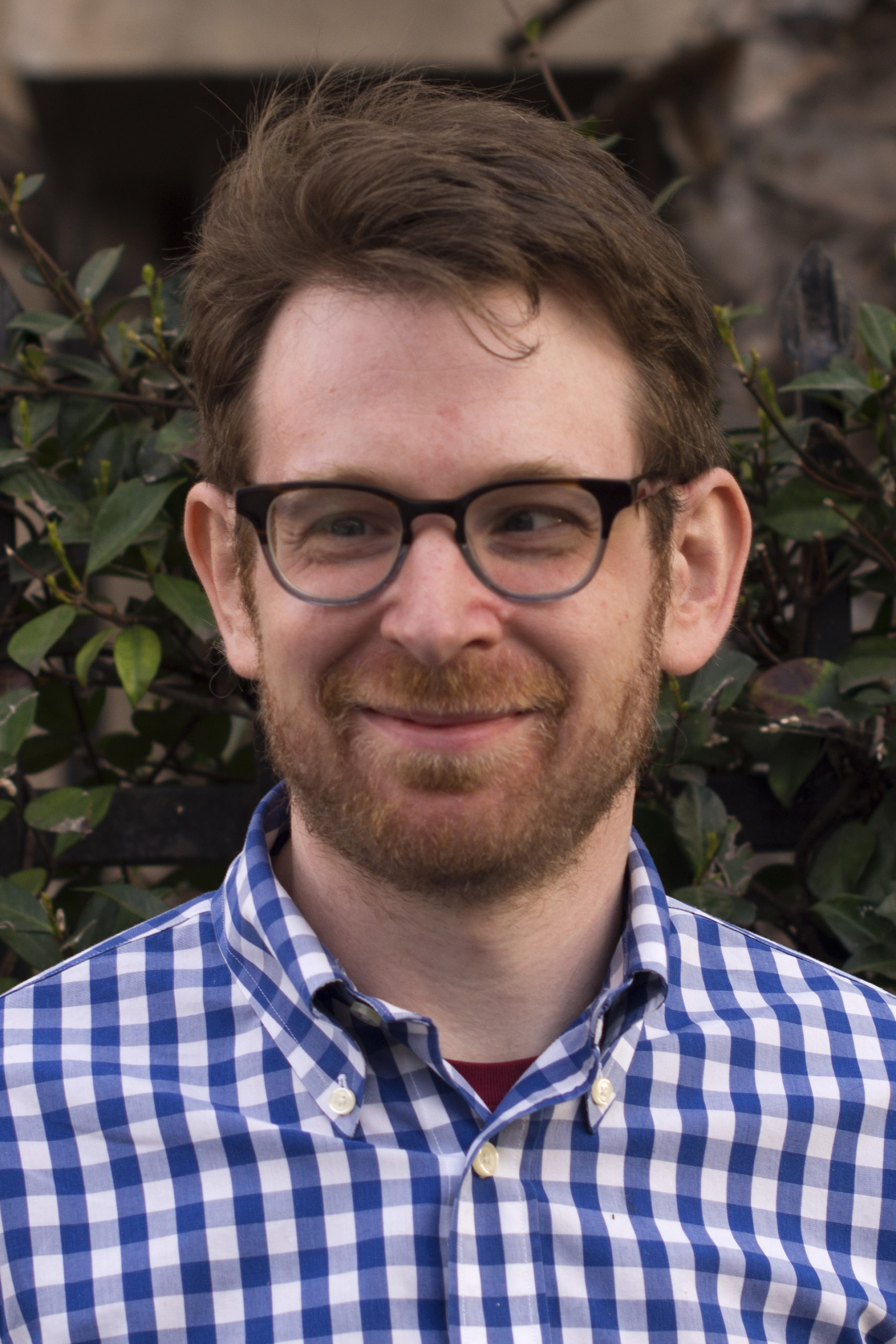
Jesse Drian
Mapping The Tales of the Heike
My project, “Mapping The Tales of the Heike,” will visualize and analyze the geographic characteristics of the different variants of The Tale of the Heike. The project combines DH methodologies of GIS mapping, text-mining, and corpus analysis to open opportunities for spatial analysis of premodern Japanese literature that is comprehensive in scope, while paying attention to the complexities of historical and literary contexts. Previous research has highlighted different spatial practices between variants through close comparison of certain passages and sections in the variants, but The Tale of the Heike’s considerable length raises difficulties for examining the full text of each variant. Fortunately, digital humanities provide means for reexamining the spatiality of the Tale of the Heike from broad, interdisciplinary perspectives. Visualizing places in the Heike can help researchers and students think about the regional diversity of Japanese literature and discover new areas of the texts (and regions of Japan) that deserve more scholarly attention. By making the map and its underlying data into an online resource, the project seeks to contribute to scholarship and teaching on The Tale of the Heike, the spatiality of medieval Japan, and digital humanities in Japanese studies.
AAS Fellowship for Multimedia Projects on AAPI/Asian History and Communities
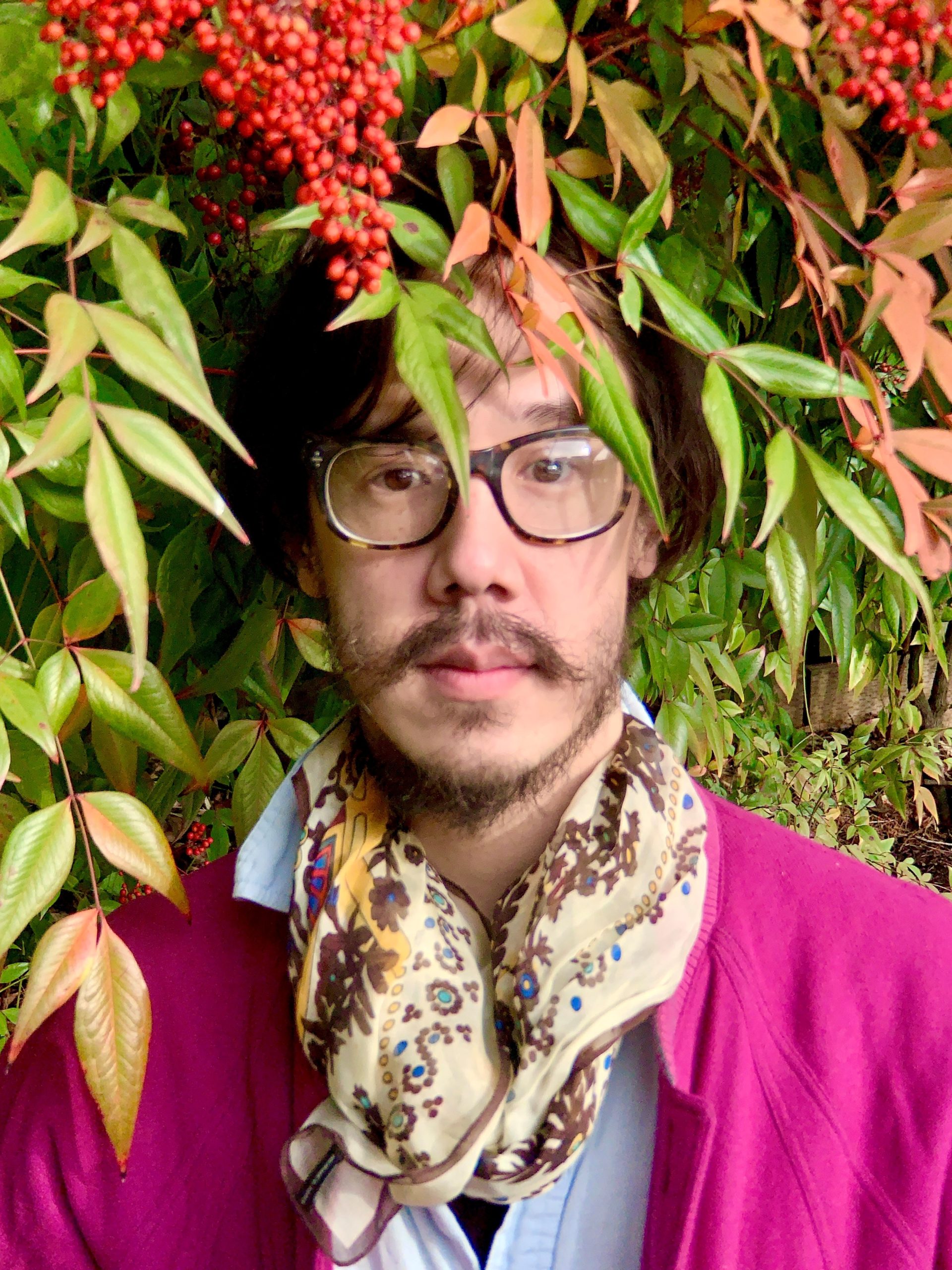
Julian Saporiti
The “Vietnam” Album
To commemorate the upcoming 50th anniversary of the Fall of Saigon and the Reunification of Vietnam, artist/scholar Julian Saporiti will write and record a new album through his musical project No-No Boy examines Vietnam before, during and after the war from both sides of the conflict. This fellowship will provide resources for Saporiti to travel to Vietnam to conduct research and record field recordings which will later be woven into the songwriting and production of this “Vietnam” album.
This album will focus on the small stories and on-the-ground experiences which illustrate the vast dynamic range of lived experiences of Vietnamese and Vietnamese diasporic community members.
AAS Public Research in Asian Studies Humanities Fellowship
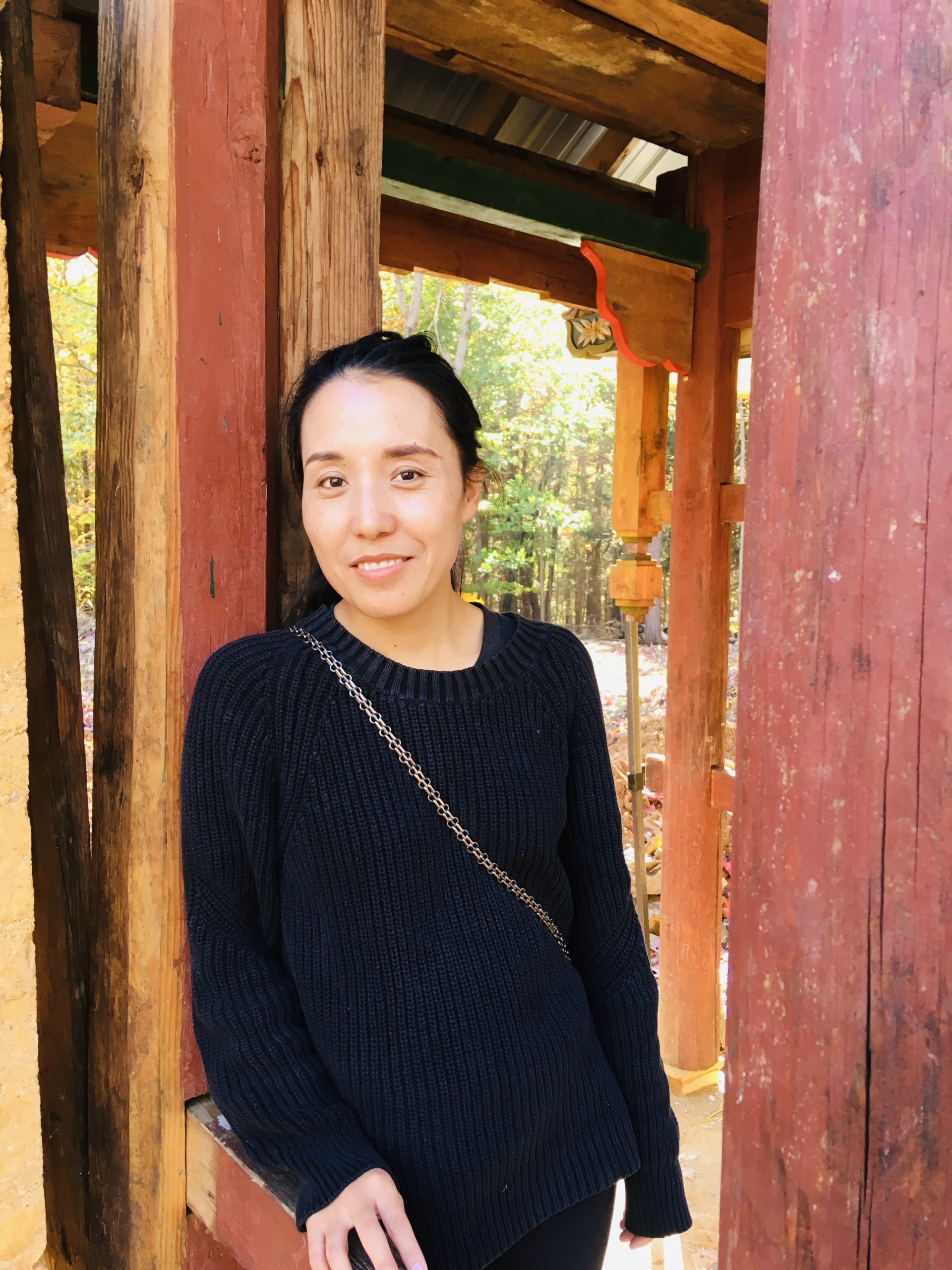
Fnu Kamaoji
Minju : Material Culture, Folklife, and Diversity in a Rural Chinese Folk House
The COVID-19 pandemic has shifted how museums and educators engage with their audiences, especially as global attention turned toward virtual learning and experiences. It has also underscored the importance of digital educational resources and the need for greater representation of Indigenous culture and minoritized voices. The purpose of this Public Research Project is to develop high-quality humanities resources about cultural diversity in China using the material culture of a rural Chinese folk house. After surveying, cataloging, documenting, and researching the contents of an emerging historic house museum, I will curate and produce an exhibition that conveys the richness of Chinese rural traditions, beliefs, and experiences. With the support of this fellowship, this exhibition will serve as a critical resource for K-12 educators and students by providing context for a variety of material culture objects from rural China, from farming equipment to sacred artifacts.
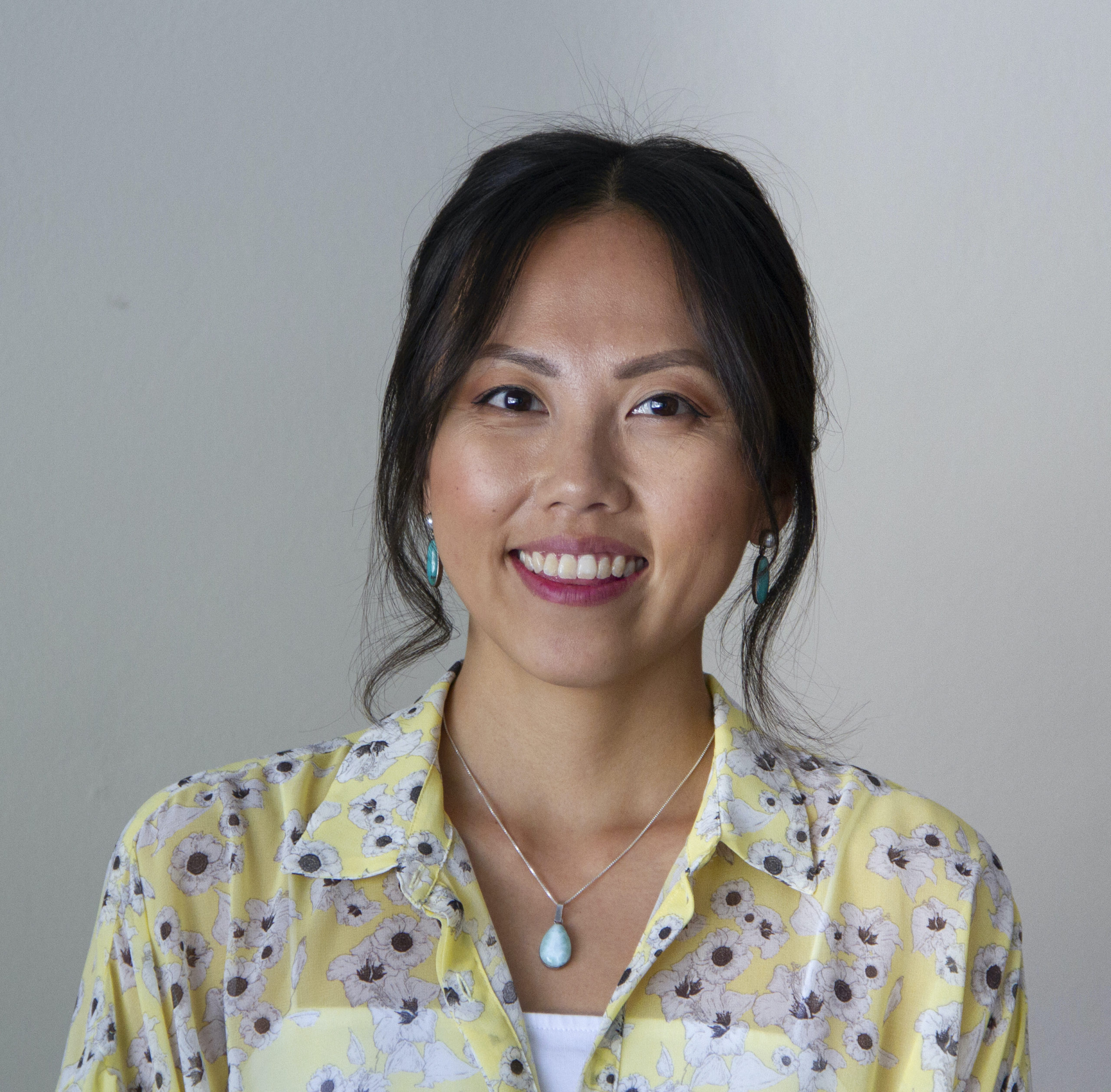
Maij Xyooj
Anti-HMoob Violence Project
In April 2020, HMoob (Hmong) leaders from La Crosse, Wisconsin nonprofit, Cia Siab, Inc. (CS), and Asian American graduate and undergraduate students from the University of Michigan (UM) and University of Wisconsin-La Crosse (UW-L) convened to launch a collaborative, community-led, multi state, multi-institutional interdisciplinary public research effort, the Anti-HMoob Violence Project (AHVP) under the leadership of HMoob womxn, AHVP aims to document anti-HMoob violence in California, Minnesota, and Wisconsin from 1975 to 2019 by examining newspaper articles.
The AHVP has three deliverables: 1) an English and HMoob white paper; 2) A digital map that visualizes anti-HMoob violence incidents; and 3) A plan of action for development of CS’s own open access institutional repository (IR) in order to prepare AHVP’s data and future goal future research data for storage, reuse, and discoverability. CS and AHVP will use deliverables to (goals): 1) inform anti-HMoob violence prevention, intervention, & education; 2) expand stakeholdership in advancing the wellbeing of HMoob communities, particularly in Wisconsin; 3) strengthen connections with organizational partners; 4) secure digital funding for anti violence work; and 5) ensure that data about the community stays within the community and is owned by the community.
Thus far the research team has collected over 6,000 news articles reviewed and coded them, and prepared the coded data for analysis. The research team has also conducted six oral history interviews with La Crosse HMoob community members.
We would like to congratulate all applicants that received tenure track positions since applying to the Fellowship program and had to decline the fellowship.
Fontaine Lien
Marketus Presswood
Zhiqiu Benson Zhou
Professional Development Awardees
DEI Curriculum Development Grant

Becky Butler
Southeast Asian North Carolina
North Carolina is home to some of the fastest growing communities of Southeast Asians in the United States. Couched in this local context, Southeast Asian North Carolina aims to create a syllabus focusing on the unique experiences of Southeast Asians in the state. The work will center on oral histories from five local communities, including Hmong (Morganton), Cambodian (Greensboro), Burmese and Karen (Carrboro), Filipinx (Raleigh), and the pan-Southeast Asia activist community (Charlotte), which will be collected and archived during the grant period. These firsthand accounts will be complemented by academic texts, literature, news reports, and other media. The project will explore how the histories of individuals from across Southeast Asia have integrated with, been subsumed by, and even imposed on the personal experiences of North Carolinians whose ancestors came to reside in the state in a diversity of ways, including indigenous peoples, enslaved people, and colonizers, as well as other communities of refugees and immigrants. Students will be encouraged to think expansively about how they and others understand the history of the US Southeast as a global history and how that has led both to conflicts and to solidarity networks in the US and Southeast Asia as well as internationally.
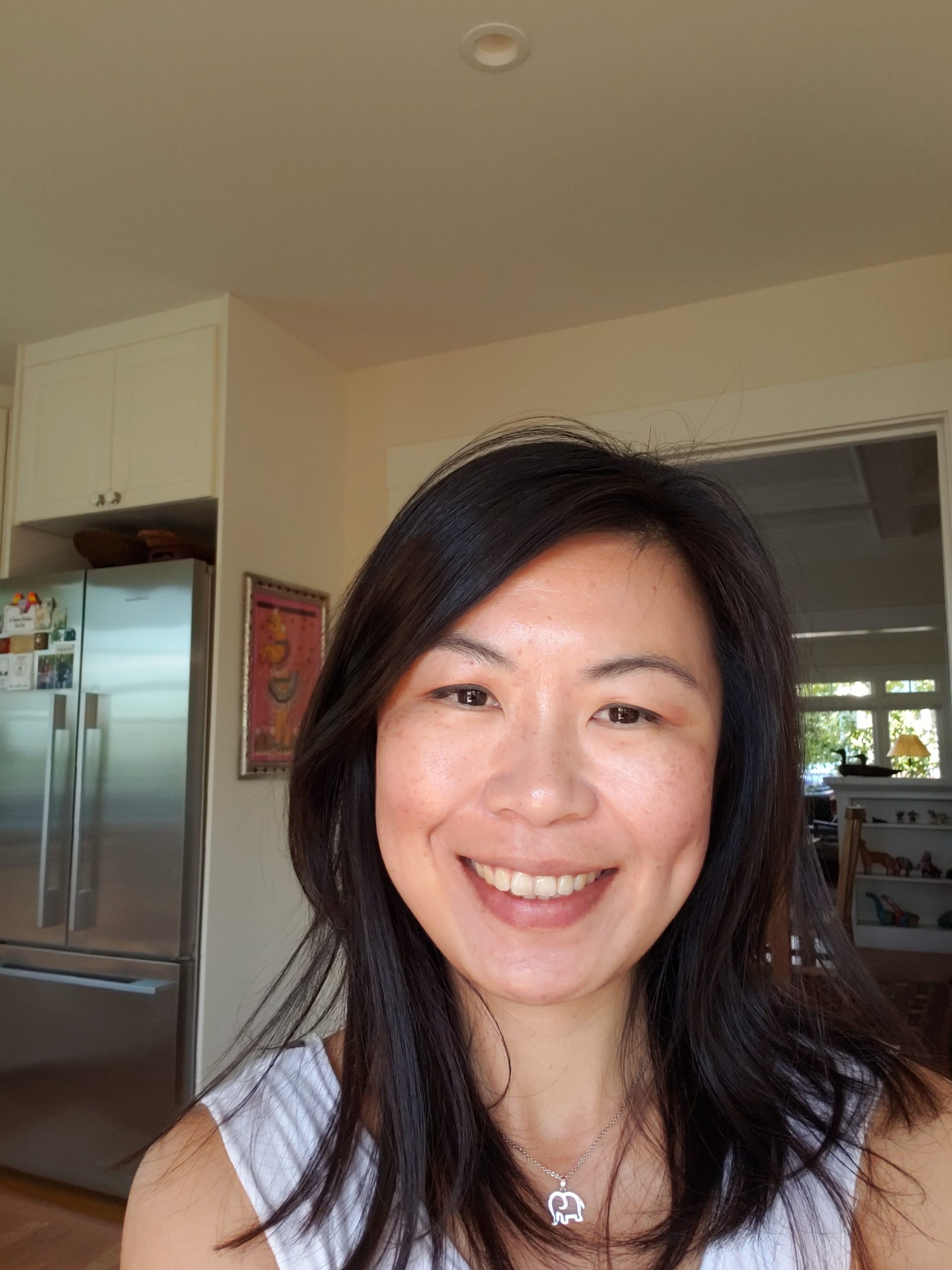
Amy Lee
Chinatown and Racial Exclusion
This course examines how the exclusion of Chinatown, as a racialized space, from the nation is precisely what makes it an exemplary American space. That is, one needs not look further than Chinatown to understand how race, class, and sexual boundaries are negotiated in the American city. The course will explore other interdisciplinary directions that bridge Asian and Asian American Studies in order to understand Chinatown as a product of global capitalist modernity, uneven development, racial capitalism, and US imperialism. For instance, how does Chinatown mirror the experiences of modernity of postcolonial urban spaces elsewhere? More than a site of racial violence, how has Chinatown functioned as a sanctuary for the marginalized? How has Chinatown shaped the Asian American political imagination? That is, the history of Chinatown has been central to the founding of Asian American Studies and the field’s interest in Maoist China. How might our narratives of Chinatown mediate our narratives of US-China relations?
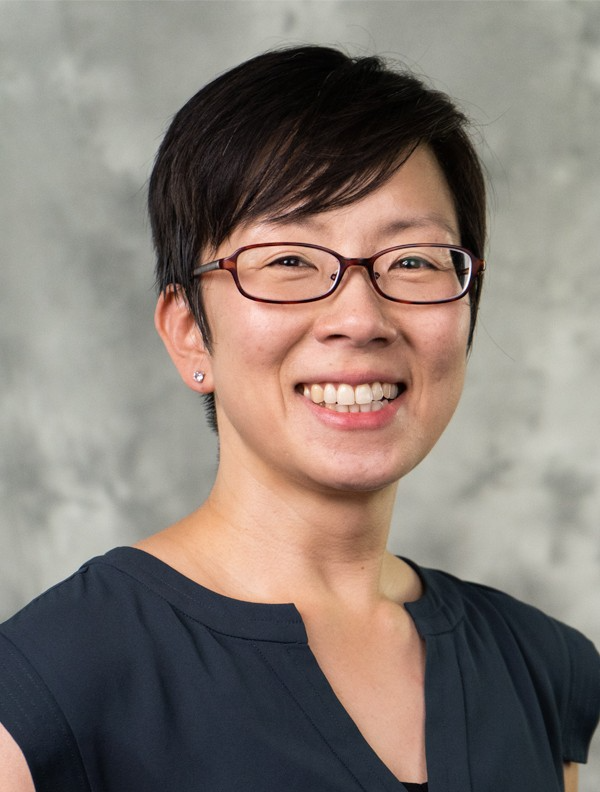
Mamiko Suzuki
Researching, Creating, and Implementing Content to support Japanese Language Faculty at Under-resourced Institutions
The goal of this project is to build a website that will serve as a resource for instructors teaching Japanese language at less-resource rich institutions. During the grant award period, five teaching modules will be created that address critical, historical, and social issues related to DEI that are not commonly included in language textbooks. The themes will be tied specifically to issues of race, gender, minority experiences, national identity, and migration–themes that are relevant to many students in the U.S. classroom. The website will potentially serve as a platform for additional modules whose list will be replenished.
Another aspect of the project’s aim is to gather information on the conditions and practices that obstruct implementation of diversity, equity, and inclusion in the Japanese language classroom. It will attempt to address the specific needs of instructors at less-resource rich institutions. Easily implementable modules that can be refashioned according to on the instructor’s pedagogical aims will hopefully foster brief but memorable explorations of critical subjects. The project will also explore methods of assessment that maintain educational integrity without reinforcing systemic inequities that educators are attempting to alleviate.
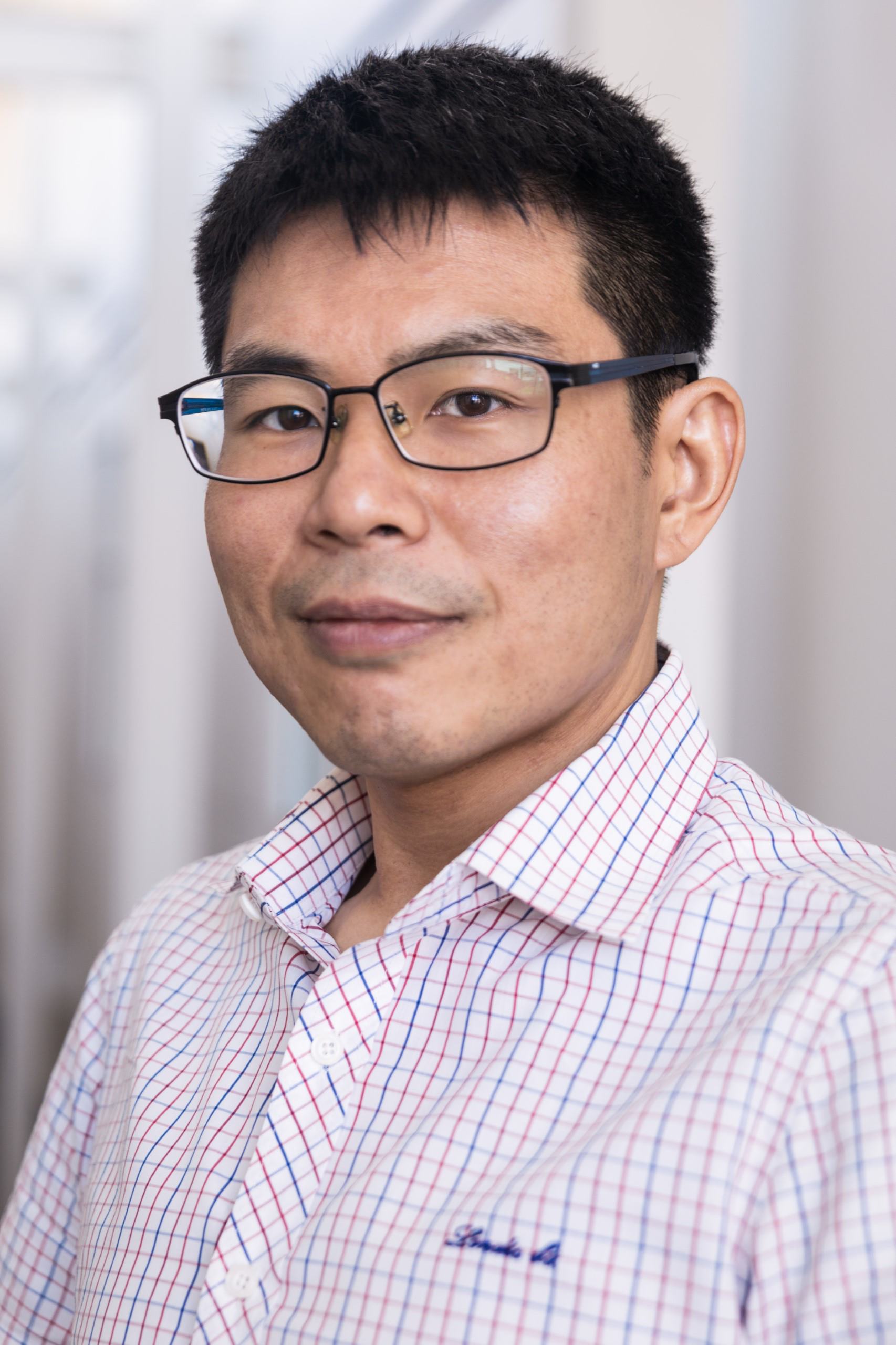
Tommy Tran
The Silk Roads: Pathways to World Histories
The Silk Roads as a topic is an opportunity to rethink the world beyond borders and fixed trajectories. Emphasis on change and hybridity has never been more important. Since I began teaching this course in 2019, I utilized this course to offer an alternative to the conventional survey “world history” courses. At the same time, I also avoid reiterating Baron von Richtofen’s 1877 der Seidenstraße or regurgitating the past assumption that “China” and “Rome” or “East” and “West” sought out one another in some ancient quest for pre-globalization. Histories of the Silk Roads also necessitate the less savory aspects of these exchanges that were equally impactful such as Han Wudi’s military conquests in search of the fabled heavenly horses or the 13th century spread of the bubonic plague. What I would like for students to take away from my class is that our histories are never certain and the accidents of exchange can be highly consequential. I hope to provide a far richer and more engaging approach to appreciating the many stories and histories through the AAS DEI curriculum grant through engaging activities such as visiting the Asian Art Museum in San Francisco and experiencing a live folk music performance.
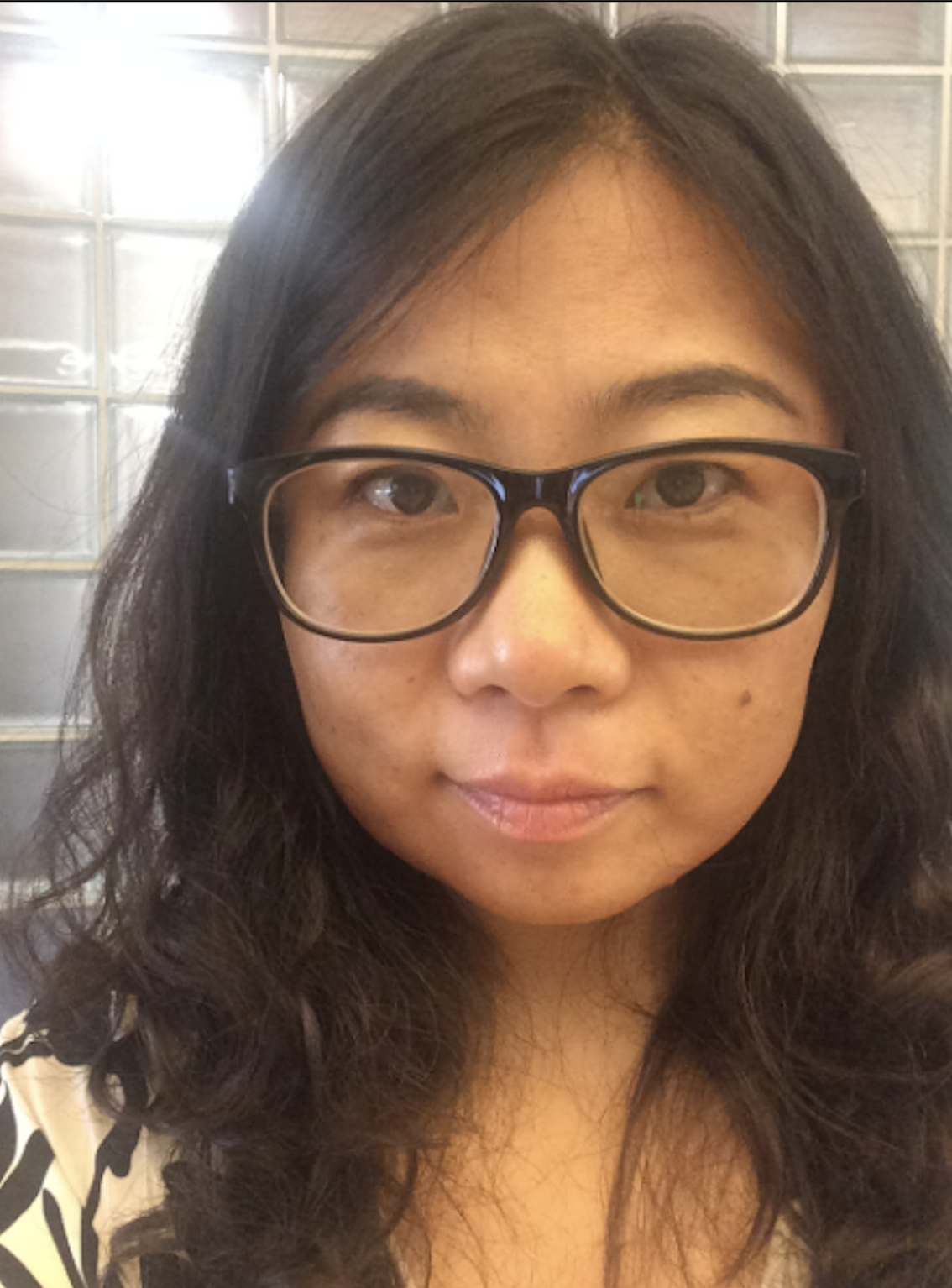
Xuefei Ma (Co-PI Elizabeth Miles)
New South, New Asian Studies: Striving for A Diverse Future
This project redevelops the Asian Studies curriculum at Kennesaw State University (KSU) to specifically address multiple arenas of diversity in global Asian cultures. This is in response to the increasingly diverse KSU student body whose racial/ethnic/gender/class experiences represent the future of Asian Studies, both in the U.S. South and nationally. In this project we will design four new courses that help students understand how intersectional—racial, ethnic, gender, sexuality, class, and dis/ability—identities are experienced in Asia. We will also curate postgraduate opportunities, both abroad and in the Metro Atlanta region. The grant will culminate in Spring 2023 with an Intersections of Asian Studies and Gender/Sexuality Studies colloquium focused on undergraduate research projects.
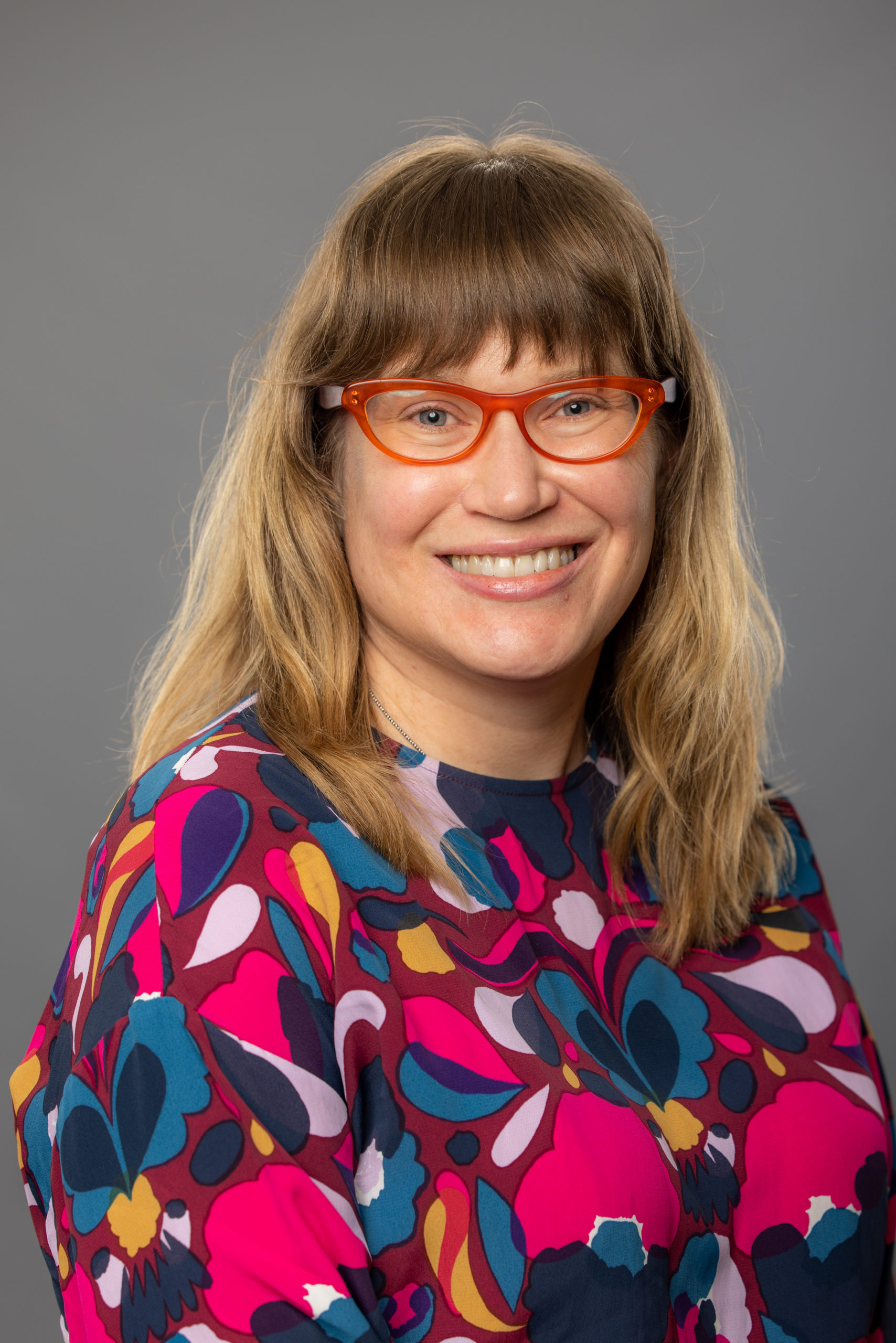
Elizabeth Miles (Co-PI Xuefei Ma)
New South, New Asian Studies: Striving for A Diverse Future
This project redevelops the Asian Studies curriculum at Kennesaw State University (KSU) to specifically address multiple arenas of diversity in global Asian cultures. This is in response to the increasingly diverse KSU student body whose racial/ethnic/gender/class experiences represent the future of Asian Studies, both in the U.S. South and nationally. In this project we will design four new courses that help students understand how intersectional—racial, ethnic, gender, sexuality, class, and dis/ability—identities are experienced in Asia. We will also curate postgraduate opportunities, both abroad and in the Metro Atlanta region. The grant will culminate in Spring 2023 with an Intersections of Asian Studies and Gender/Sexuality Studies colloquium focused on undergraduate research projects.
Mentorship Grant
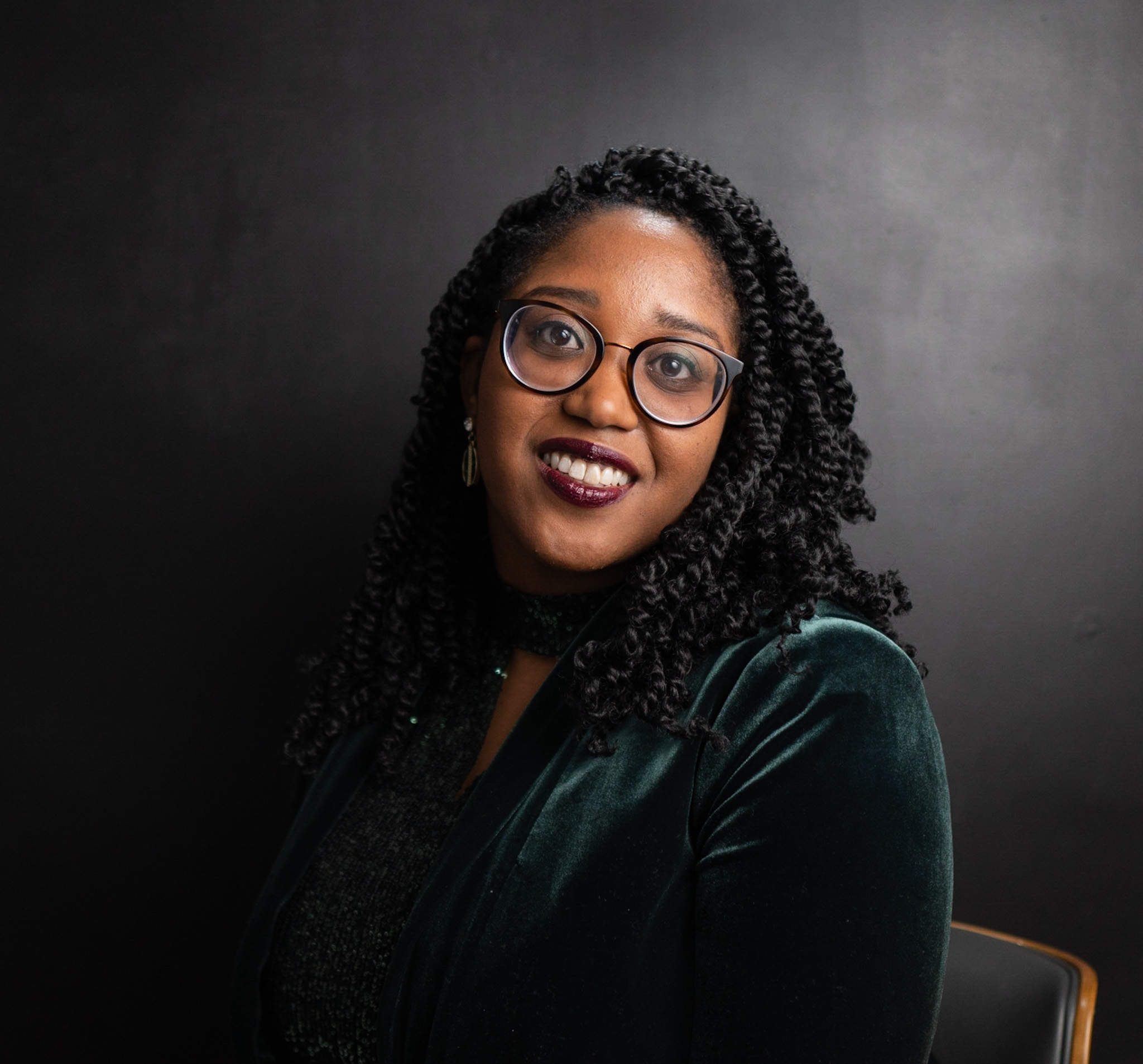
Rebekah McCallum
Mentorship Program: Black Graduate Students/Postdocs in the Humanities with Research focus on South/Southeast Asia
The intention of this mentorship program is to enhance the professional development of black graduate students and postdoctoral scholars in the humanities, whose work focuses on the regions of South and/or Southeast Asia. It is also intended to create a network of support—both academic and non-academic—to provide balance, mentorship, community, and advocacy for the next generation of scholars.
The program will consist of a series of online workshops, over the course of 6 months (meeting once a month from September 2022 to February 2023) led by insightful mentors and facilitators. Based upon the needs of the cohort, the workshops will provide opportunity to discuss topics as varied as applying for travel, language and research grants; how to position oneself well for advancement in, and/or outside of, the academy; and ways to advocate for one’s own personal growth and health. The program will culminate in an in-person social event and discussion at the Association for Asian Studies annual meeting in Boston in March 2023. Funding will cover the costs of workshop resources for mentees, compensate mentors for their work and time, and provide for financial support (accommodation, travel and conference fees) for the mentees to attend the 2023 AAS meeting.
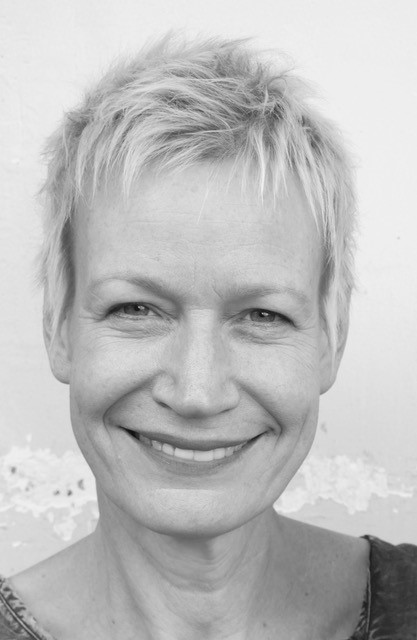
Christina Schwenkel
Demystifying Academia: Towards a Sustainable Mentorship Collective in Southeast Asian Studies
The Southeast Asia: Texts, Rituals, Performance (SEATRiP) program at the University of California, Riverside brings together faculty and students who share an ongoing interest in the arts and humanities and are engaged with the languages and expressive cultures of Southeast Asia and its diasporas. Our location in Southern California means that we serve historically underrepresented students from local Southeast Asian American communities in our graduate program. Because many of our students are first generation, they seek diverse faculty mentors who can help them navigate the institution and its systemic inequalities. We thus take seriously the need to rethink conventional models of mentorship as hierarchical and individualist in an effort to improve collective forms of support while preparing our students for post-graduate careers. Our proposed mentoring program, Demystifying Academia, builds on that vision to create a sustainable mentorship collective grounded in feminist and antiracist practices. It aims to make “the strange” more familiar and manageable through a series of workshops and discussions to propose new models of support in Southeast Asian Studies that foster more reciprocal and egalitarian mentoring relationships.
South, Southeast, and Global Asias Seminar Grant

Lauren Collins
Teaching Southeast Asia: Communities, Borders, and Youth-Led Activism
“Teaching Southeast Asia: Communities, Borders, and Youth-Led Activism” will be a 4-week virtual seminar for higher education faculty and select graduate students limited to 15 participants. The seminar will be offered by the Center for Asian Studies at the University of Colorado Boulder. This program will explore the evolving context of youth-led activists in Southeast Asia with a focus on Thailand, Myanmar, Cambodia, and Vietnam. It will foster deep and context-rich engagement with primary and secondary sources, with a particular focus on teaching strategies and knowledge sharing and co-creation by participants. The seminar will be designed to meet the needs of undergraduate educators addressing issues of anti-authoritarian and climate change activism at the intersections of ethnicity, class, religion, gender, power, and transnationalism.
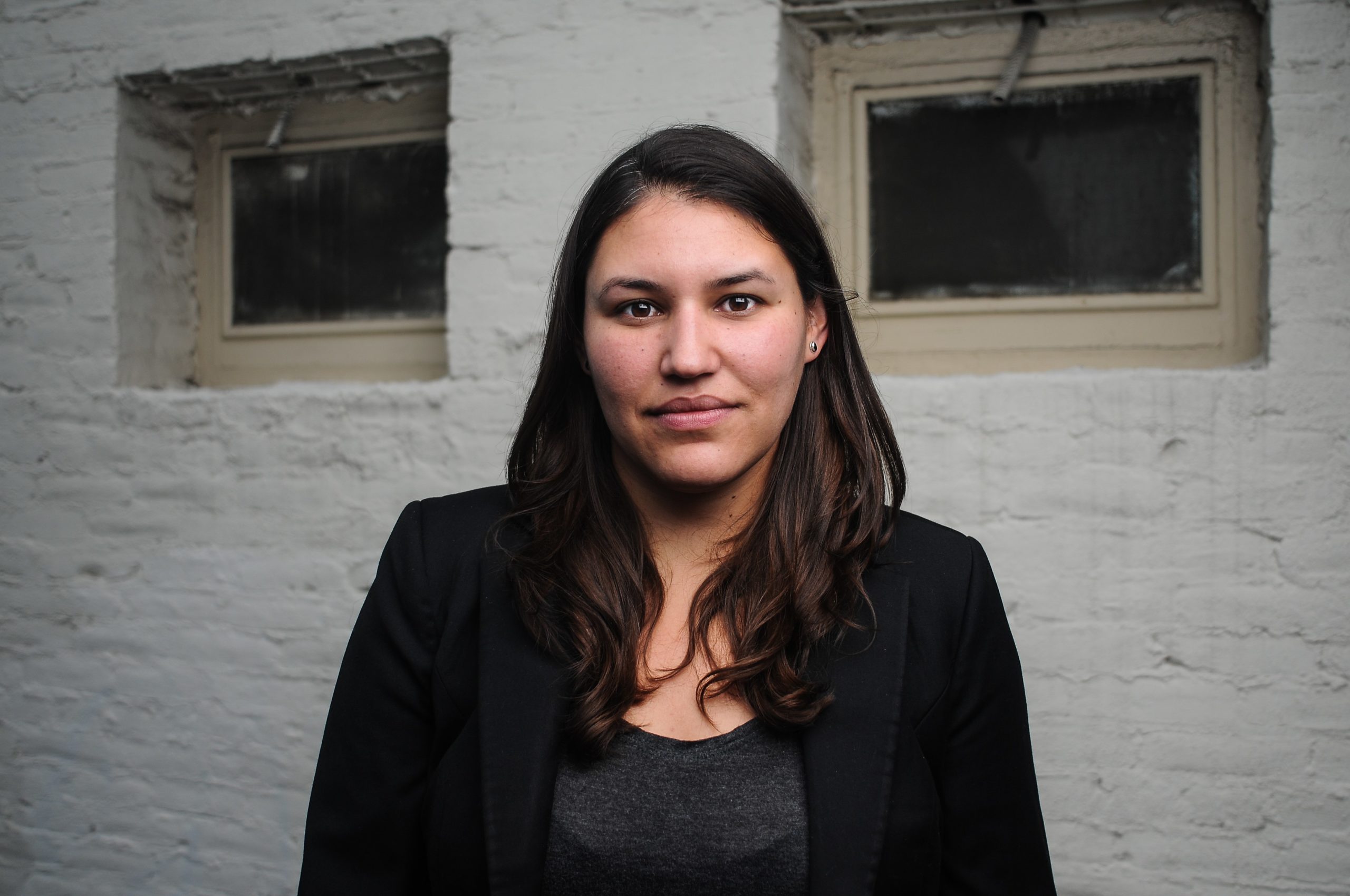
Sarah Grant
Teaching Southeast Asia at the Teaching University
This Fall 2022 one-day symposium at California State University, Fullerton (CSUF) consists of active engagement through curated roundtable discussions and moderated breakout sessions. “Teaching Southeast Asia at the Teaching University,” will facilitate discussion and pedagogical strategizing around innovative teaching methods and mentoring spaces for contingent faculty and future faculty, especially from non-traditional and underserved backgrounds. Focusing specifically on Southeast Asia – an underrepresented region at many universities – we bring together faculty across rank and teaching institutions, including the California State University (CSU) system and California Community Colleges (CCC) system to define what professional development means for us and how we can build community and space to thrive as teacher-scholars of Southeast Asia. Our proposed sessions include topics such as “Programming with no Program,” “Innovative Course Design in Southeast Asian Studies,” “Collaboration and Community,” and “Articulation Between Teaching Southeast Asian Studies in Anthropology with Ethnic and Asian American Studies.” These roundtable and breakout sessions serve two primary purposes. First, we aim to carve out time and supportive space for teacher-scholars to actively produce teaching materials with peer review and care. Second, we seek to foster cross-campus relationships and support systems through networking and generative discussion around the topics we care about most. If the status quo is that scholarship comes at the expense of teaching and vice versa, we question what scholarly and creative possibilities exist when granted the time to be with our community and generate teaching and scholarship in collective spaces.
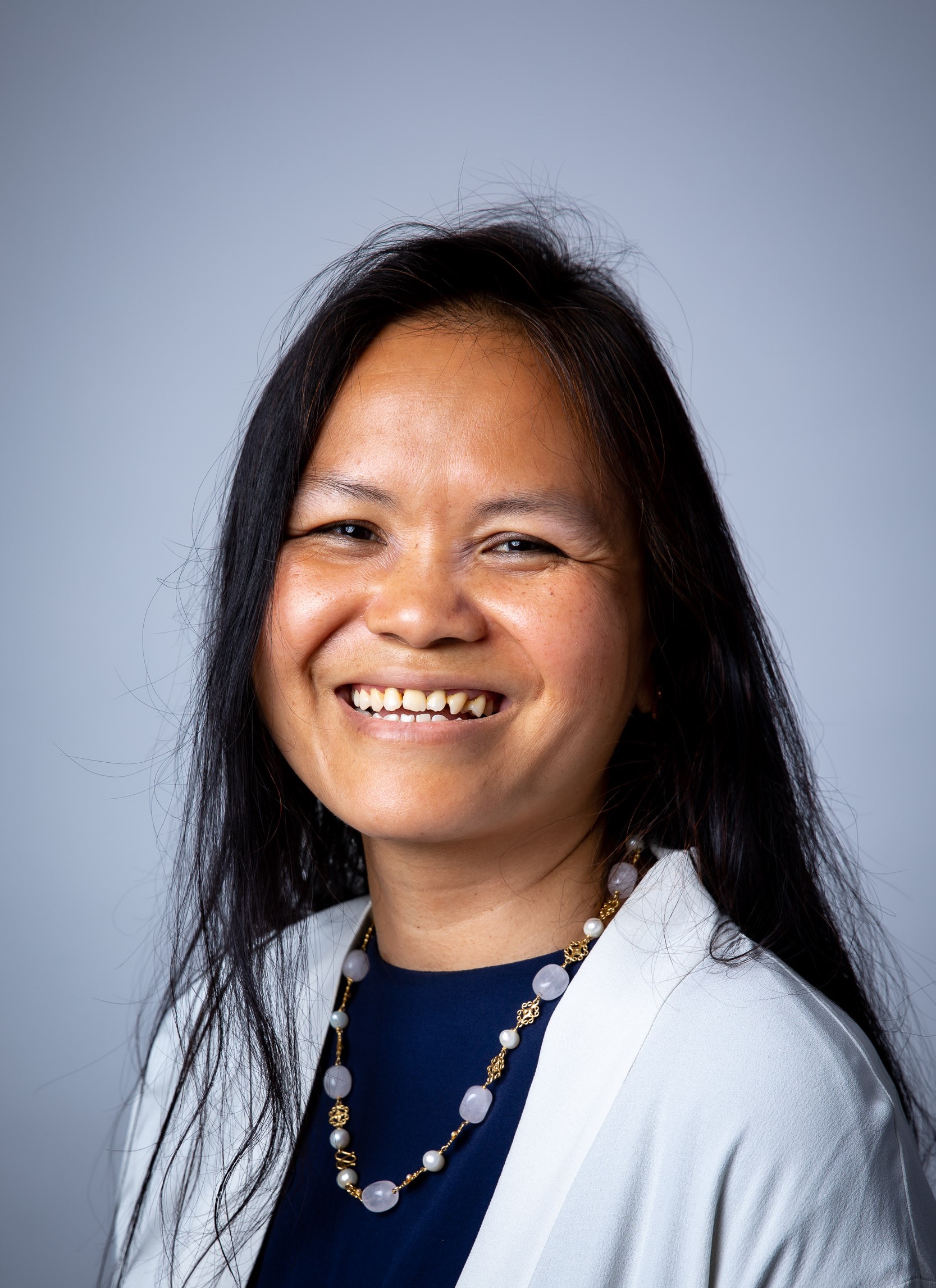
Sophea Seng
Pedagogies in Asian Studies: Faculty Seminars on Teaching South and Southeast Asia
The purpose of this project, “Pedagogies in Asian Studies: Faculty Seminars on Teaching South and Southeast Asia,” would be to continue to build culturally responsive pedagogical practices through Asian Studies curricula. In particular, the proposed seminars will be points of discussion and practice for faculty participants to examine the regions of South and Southeast Asia through the lens of the diverse Asian American student population at CSULB, a designated Asian American, Native American Pacific Islander Serving Institution (AANAPISI). Specifically, I propose to convene two early-career scholars: Dr. Jolie Chea and Dr. Aditi Mukherjee. Dr. Chea is an Assistant Professor of Asian American Studies at UCLA and her research examines empire, Southeast Asia, and memory. Dr. Mukherjee is an Assistant Professor in History at GITAM University. Dr. Mukherjee’s research examines rupture and post-Partition mobilities of Bangladeshi refugees in India. Dr. Chea and Dr. Mukherjee’s work also speaks to my own research on Global Southeast Asias and transnational Cambodian diasporas. The culturally responsive pedagogical materials developed on South and Southeast Asia would better reflect the intersecting identities of students in order to create a learning environment that supports their academic success through courses in Asian Studies.
Publication Support Awardees

Ying Diao
Muted, Mediated, and Mobilized: Faith by Aurality on the China-Myanmar Border
Drawing upon the combination of evidence from multisite field research, archival records, and audiovisual media, this book presents a compelling account of the importance of aurality, defined as “the shared hearing of mediated sound,” in the efforts of Lisu hanleixsu (believers) to become confined, still connected, autonomous but compliant people. In particular, this study examines how members of the Lisu Gospel Community on the China-Myanmar border use sound and voice to position themselves, and their faith and practice, under profound state arrangements in contemporary society. By showing how transnational sound production, circulation, and consumption become integral to the Lisu perception and practice of faith, it argues that a wide range of aural media are not just the soundtrack of Christian faith; they are faith’s handbook, providing Lisu hanleixsu with guidance about how to take part in religious and ritual life through the aural, motivating them to listen and to sing, to worship and to praise, and to embody and to enact faith-based modern subjectivities and relations.
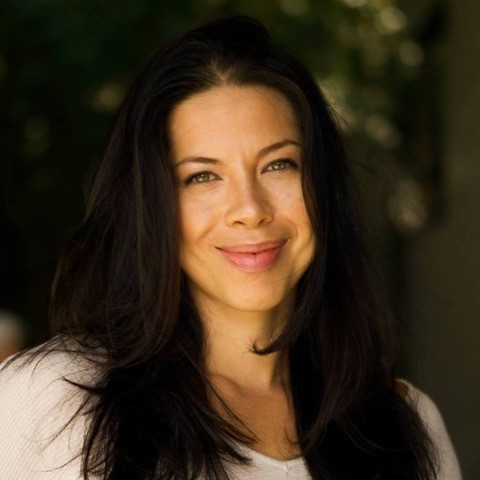
Laura Dunn
Visualizing Power
This monograph looks at the potential for shared human identity through an iconological study of Parā Śakti, the tutelary deity of Trika Tantra. It presents the image of Śakti as an open repository of memory and meaning that is tied to history, place, and the embodied, emotive lives of those who worship her. In this way, Śakti’s image never collapses or reduces difference but creates a unitive space for multiple meanings. Aby Warburg, the father of modern iconological studies, posited that images contained the empathic imprint of history. He believed that, through the study of images and icons, we might be able to understand the problems of the present through the imagistic lenses of the past. The study of the contemporary image of Parā śakti as the NSRP has reimagined her attempts to unlock the meaning and memory of the Trika tradition within a new cultural and historical context.
Parā Śakti (the “Supreme Power”) is the Great Goddess of the nondual tantric Trika tradition that flourished in medieval India and continues today in the Nityananda Sampradaya-Rudrananda Pantha (NSRP) in the United States. Within the Trika, Parā Śakti is not regarded as an external deity, but the deity of one’s own consciousness with whom one seeks identity. This interdisciplinary work draws from cognitive studies and visual culture to illustrate how embodied visualization and immersive engagement with the image of Śakti fosters an experience of nondifference, demonstrating the potential of cross-cultural religious imagery to cultivate empathetic understanding with ideological and cultural “others” across time and space.
Historically and today, the Trika takes as its highest teaching the nondual philosophy of “divine recognition” (Pratyabhijñā), within which all sentient and non-sentient life is seen as a reflection of God. Accordingly, the Trika advocates for a way of being in the world that is unobscured by sociocultural veils, such as class, gender, race, and ideology. Within the NSRP, contemplative visualizations are used to “lift the veil” of socially constructed categories that prevent one from realizing their divinity and inherent freedom. This multimodal project interrogates the ethical implications of these nondual Tantric practices and how they are experienced in contemporary contexts.
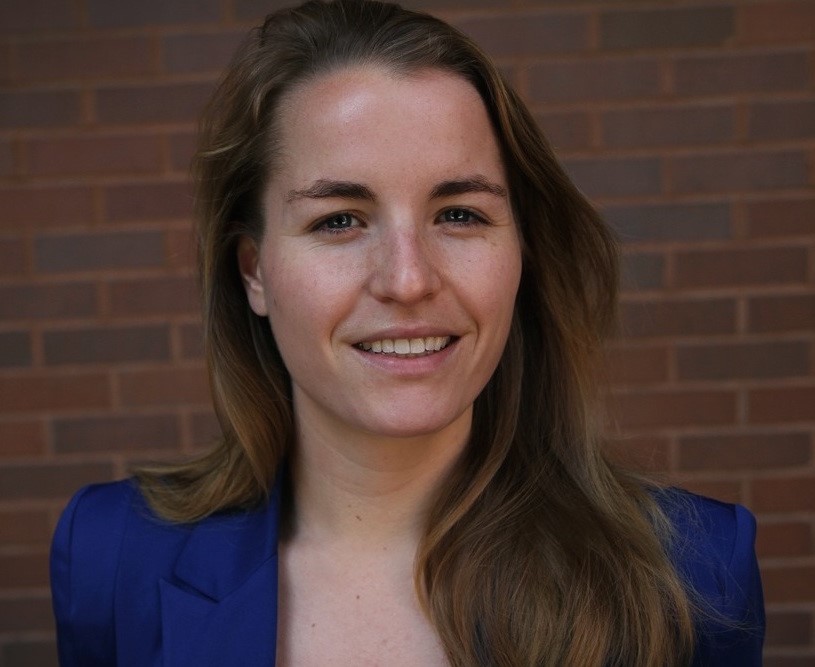
Hilary Faxon
Surviving the State: Struggles for Land and Democracy in Myanmar
Surviving the State examines environmental justice, land governance and state-making from the vantage point of small farmers and grassroots activists struggling for land during Myanmar’s democratic turn. During Myanmar’s attempted political transition in the 2010s, land was not only the basis of biodiversity, livelihoods and national development, but also a critical domain for negotiating citizenship after half a century of authoritarian violence and racialized exclusion. Turning on its head a rich tradition of scholarship that posits land as a tool for state-making or an outlet for state-escape, I argue that land is key to what I call surviving the state, a set of socioecological practices forged through cultivation and dispossession as well as the gendered work of care and connection. The book draws on 26 months of participant observation, over 150 interviews, and three Participatory Action Research projects to show how embodied histories of state violence shaped ecologies and communities, ultimately undermining reforms that aimed to formalize property, redistribute land and recognize ethnic territory. In the aftermath of Myanmar’s 2021 military coup, these findings demand reimagining land not just as a resource for survival, but also as a site of revolution and healing.

Amanda Kennell
Alice in Japanese Wonderlands: Translation, Adaptation, Mediation
My book, Alice in Japanese Wonderlands: Translation, Adaptation, Mediation, examines the evolution of the world of Lewis Carroll’s Alice in Wonderland novels through Japanese adaptations produced from 1899, when Alice was first adapted in Japan, until today. Alice in Wonderland has been adapted countless times in Japan, including more than 500 translations by titans of Japanese literature such as Ryūnosuke Akutagawa and Yukio Mishima. The eminent fine artist Yayoi Kusama, renowned filmmaker Shunji Iwai, and acclaimed manga artists Katsuhiro Ōtomo, Keiko Takemiya, and Mamoru Oshii all number among Japan’s many Alice adapters. Alice in Evasion interrogates the massive body of Alice adaptations from the perspective of an interdisciplinary body of adaptation and translation theories to define exactly what constitutes Alice’s essence, a term I relate to Eiji Ōtsuka’s world concept. The book then uses that essential Alice-ness to connect concepts of liminality from philosophy, literature, art history, film, and media studies in such a way as to contradict Walter Benjamin’s conception of the aura, reveal why Alice has been adapted so many times, and offer an alternative to existing models of adaptation. I contextualize my conclusions with reference to, in particular, South Korea, China, India, England, France, and the United States to show that the phenomena I uncover exist globally (and pre-empt Orientalist claims about Japanese uniqueness).
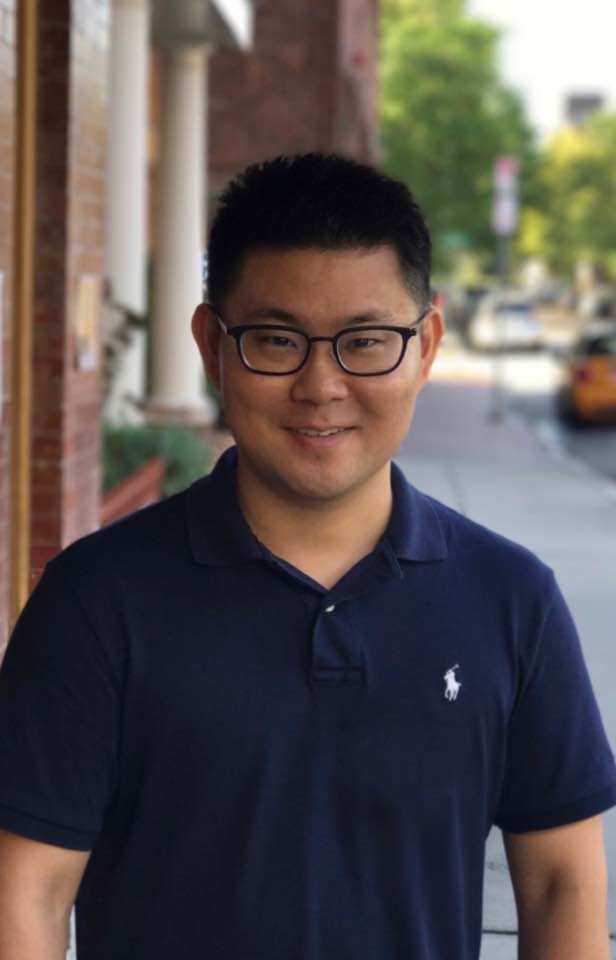
Peter Kwon
Cornerstone of the Nation: The Defense Industry and the Building of Modern Korea under Park Chung Hee
My book manuscript (under contract with Harvard University’s Asia Center Publications Program) examines South Korea’s defense industrialization under chaju kukpang, or “self-reliant national defense,” the policy promulgated by the Park Chung Hee (1961-1979) regime. The work explores the ways that defense industrialization impacted the political, industrial, cultural, and technological transformation of South Korea in the late 1960s and throughout the 1970s, a period marked by economic development recognized as the “Miracle on the Han River.” The book analyzes the largely unrecognized role of military modernization in South Korea’s nation building, industrialization, and technological advancement.
Informed by a trove of largely untapped primary sources from government, military and corporate archives in Korea, as well as declassified US documents and other external sources, this manuscript offers the first book-length historiographic work on the development of Korea’s defense industry under Park. The narrative and analysis are enriched by recent interviews with former policymakers, business leaders, plant managers, engineers, skilled workers, and military scientists who participated in classified weapons projects under Park. The work examines both micro-level technicalities and macro-level state policies that spurred defense industry development, offering insight into the dynamic roles of prominent as well as lesser-known interstate and civilian actors in the process of what can be called “militarized industrialization.”
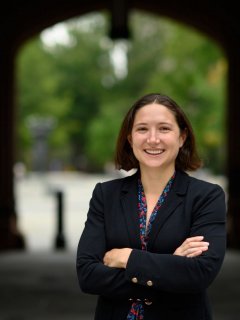
Amanda Lanzillo
Pious Labor: Islam, Artisanship, and Technology in Colonial India
In the late nineteenth and early twentieth centuries, Indian Muslim artisans asserted and circulated narratives about the relationship between their labor and their religion. Across north Indian cities and large towns, they negotiated rapid industrial change, emerging technologies, and consolidating class hierarchies by engaging with Muslim pasts. Through an increasingly accessible popular press and intersecting forms of orality, these artisans asserted Muslim traditions “from below.” Pious Labor tells a story of colonial-era social changes through the perspectives of Muslim workers. The book centers the stories and experiences of Muslim metalsmiths, stonemasons, tailors, press workers, and carpenters across urban north India. It provides an in-depth analysis of vernacular-language sources, including technical manuals and community histories, that were produced by members of working class and artisan communities. It connects the social marginalization of colonial-era Muslim artisans to the continued exclusion of this archive and laboring voices from scholarly analyses of South Asian Muslim histories.
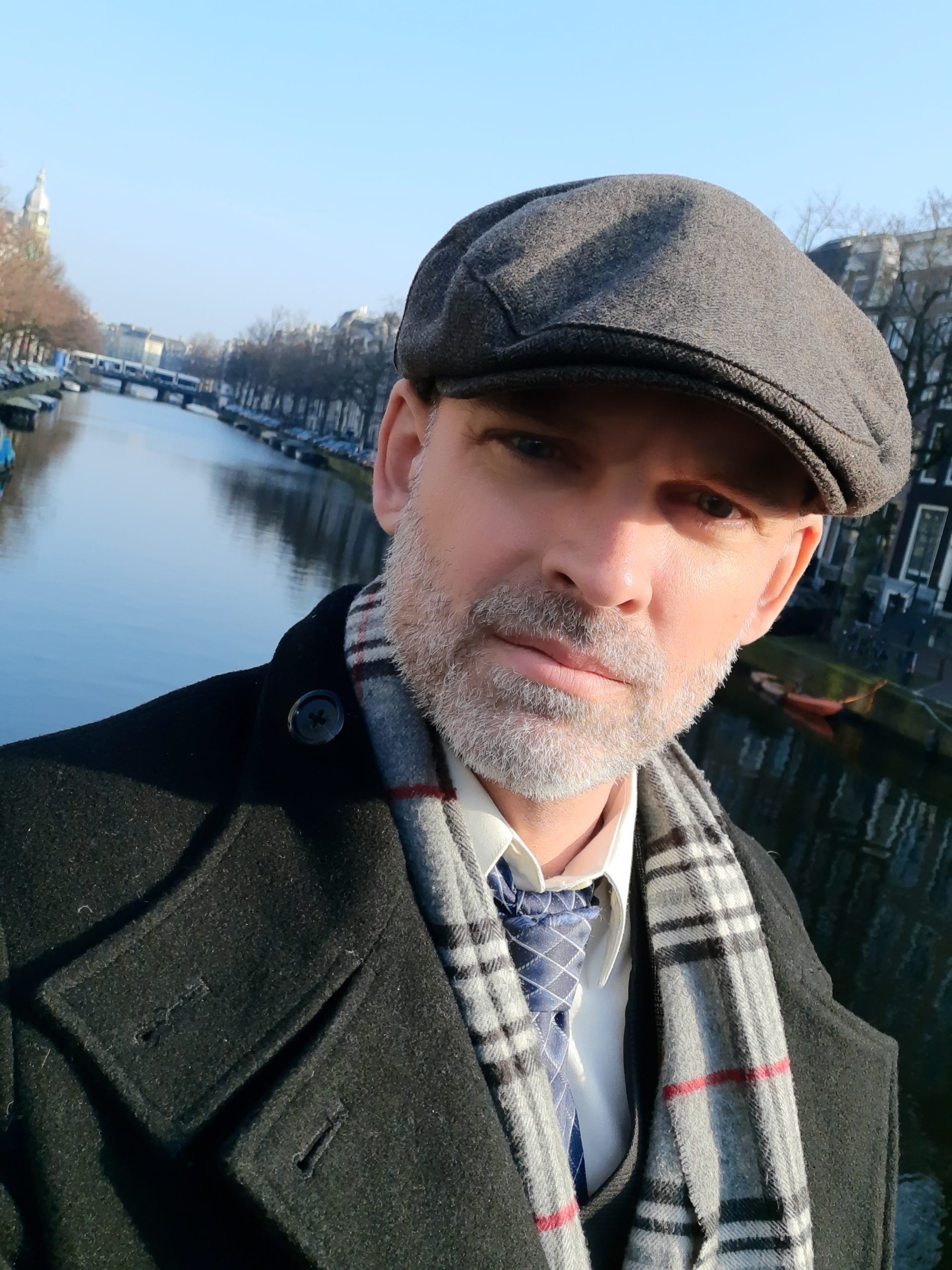
Joseph Scalice
The Drama of Dictatorship: Martial Law and the Communist Parties of the Philippines
My project is preparing the publication of my first book, The Drama of Dictatorship: Martial law and the Communist Parties of the Philippines, which is under contract with Cornell University Press to come out in 2023. I will be securing the rights to relevant photographs, preparing maps and an index. My book examines the prominent role played by two Communist Parties, the PKP and the CPP, in the declaration of martial law by Ferdinand Marcos in 1972. As a Fulbright scholar I studied the previously unexamined contemporary written record produced by the PKP and CPP, housed in archives in the US, the Netherlands, and the Philippines, including extensive Tagalog language material. Drawing on these sources, my book demonstrates that the rival parties allied with rival factions of the elite who were engaged in a furious struggle to be in power prior to the imposition of military rule. The Drama of Dictatorship is the first scholarly account of the social explosions on the eve of martial law and the political machinations that culminated in the death of democracy.
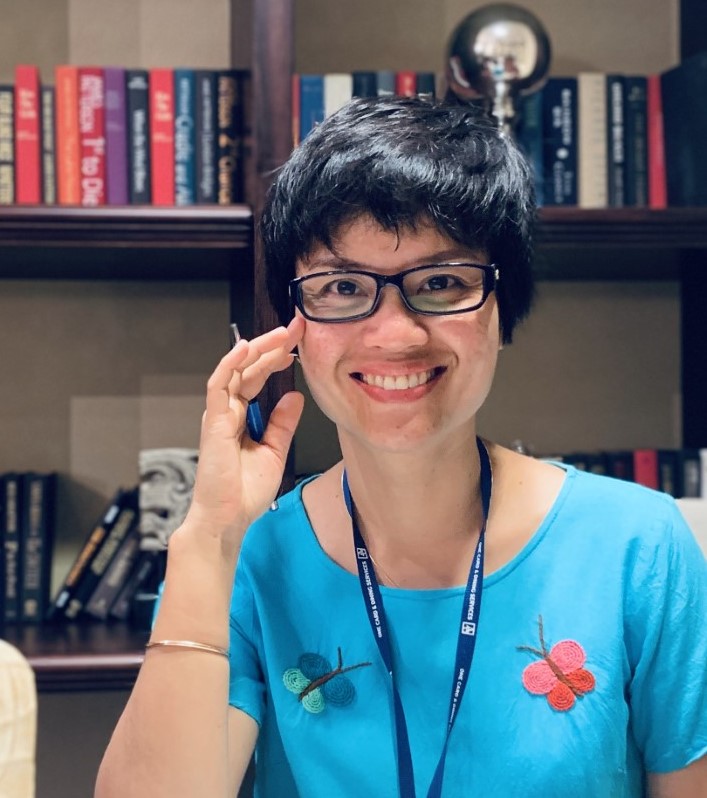
Nguyet Nguyen
Antiwar Transnationalism: People’s Diplomacy in the Vietnam War
My book, Antiwar Transnationalism: People’s Diplomacy in the Vietnam War is the first transnational history that seeks to answer the question “What turned global public opinion against the Vietnam War?” Scholars have pointed to decolonization, the fear of nuclear war, or disturbing media images of a superpower raining terror on an impoverished foe. Few are cognizant of the key role played by what scholars in Vietnam, and increasingly in the United States, call “People’s Diplomats” in fostering a vocal global anti-Vietnam War movement. Spreading throughout Europe and even reaching the shores of Canada and Cuba, they worked through transnational networks of sympathizers and the Vietnamese diaspora to foster the global antiwar movement, including in the United States. Based on archival research and interviews in Vietnam, France, and the US, in three languages, Antiwar Transnationalism is the first to look at the international history of the Vietnam War from the bottom-up. By adding the perspective of a Vietnamese-led transnational antiwar movement, my work helps explain why US policy in Vietnam failed and Washington was unable to prevail in the battle for public opinion during the “global sixties.” More importantly, Antiwar Transnationalism makes a significant contribution to highlighting the voices of the Vietnamese and Asians/Asian Americans in the Vietnam War scholarship.

Douglas Ober
The Jewel in the Crown: Buddhism and the Making of Modern India
The Jewel in the Crown: Buddhism and the Making of Modern India is a retelling of the history of modern India’s Buddhist revival. The work, under contract with Navayana (Delhi) and under review with Stanford University Press, argues that contrary to popular convention, India’s Buddhist revival was more than just a movement for the empowerment of India’s Dalits (former ‘untouchables’), who converted to Buddhism en masse after 1956 as part of an effort to escape caste oppression, and more than just a byproduct of the so-called European invention of Buddhism. Instead, it shows how the revival began more than a century earlier and became deeply entangled with and critical to the socio-political projects of diverse groups, from Orientalists, anti-caste activists, Marxists, and Hindu nationalists, to foreign Buddhist missionaries, and state authorities. The book engages the literature on colonialism, religious nationalism, Orientalism, modernity, and transnationalism, and is based upon a combined eighteen months of archival research conducted in South Asia and Europe.
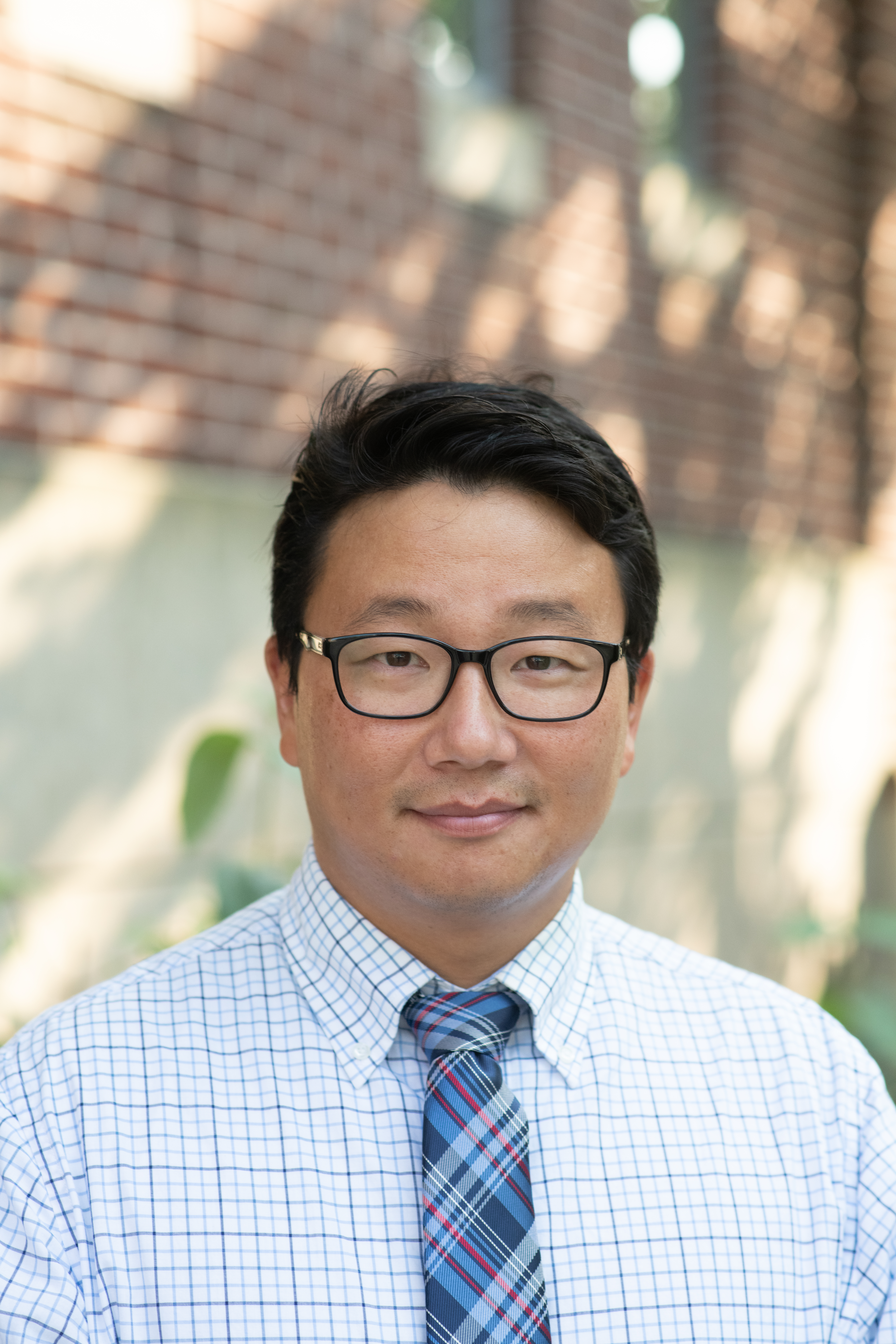
Dong Jo Shin
An Ethnic Persecution without Ethnic Animus: The Effects of Chinese Communism on the Koreans in Yanbian, 1949-1976
This book examines the changing relationship between the Han Chinese leadership in the CCP and ethnic Koreans in the Yanbian autonomous prefecture to elucidate how the very ideas of Mao Zedong, which helped create that ethnic group in 1946, resulted in oppression of them afterwards. Economically, the CCP’s policies, which had promoted ethnic Koreans into a leading agricultural group in Yanbian, disproportionately affected them during radical collectivization. Culturally, the state’s accolades for ethnic Koreans’ education level were followed by language assimilation in the name of “progress.” Politically, ethnic Korean autonomy, once hailed as the best way to unite the nation, was later labeled “bourgeois” because it advanced the interests of a small group over the entire Chinese nation. Thus, it was Maoism, rather than local ethnic conflicts or policy aberrations, which caused the persecution of ethnic Koreans. Though these about-faces seem contradictory, both the construction and dismantling of ethnic minority rights derived from Mao’s blueprint for communist China. If an ethnic group keeps China from entering communism because of their economic interests, cultural divergence, or political autonomy, that group is tantamount to a “class enemy.” This was how the social categories of ethnicity and class converged in China under Mao.
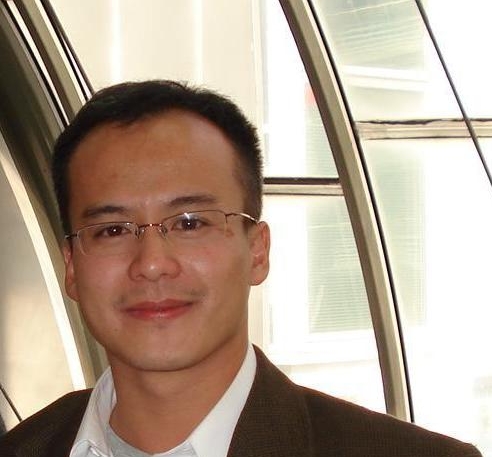
Richard Quan Tran
Queer Vietnam: A History of Gender in the early Twentieth-Century, 1920-1945
Queer Vietnam: A History of Gender in the early Twentieth-Century, 1920-1945 probes the relationship between cultural norms and gendered personhood in Vietnam’s early twentieth-century. Drawing on the insights of new historiography and queer theory, the book recovers the lively presence of variant genders and sexualities, showing a more capacious vision of personhood existed in this period than has been supposed. The book argues that any understanding of this period would be incomplete without acknowledgment of this other gender history. The reliance on certain contemporary assumptions of gender and sexual identity in the prevailing scholarship orients it away from questions of difference and occludes the diversity of human historical experience. The study shows that the current histories of the period have been founded on the exclusion of the “queer,” here defined as subjects who depart from the heteronormative ways of being. In doing so, the book brings back alternative forms of gendered and sexual personhood into the analysis, opening up new directions for the historical study of Vietnam’s modernity.

